Everyone already knows that Apple completely underestimated the interest in the revolutionary concept of a light and thin tablet with the iPad brand. In short, Apple left the competition far behind with the first iPad. Over time, the iPad became a full-fledged work and creative tool for "that kind of content chewing at home". Whether you buy the latest Apple Smart Keyboard for your iPad or go for a cheaper alternative, by connecting the keyboard, the iPad with the new iPadOS 13 operating system (and even more in the fourteenth generation) becomes a real workhorse that is lightweight and, above all, long-lasting. In addition, you can now very comfortably do everything you like on it - from work matters to entertainment in the form of playing games.
It could be interest you
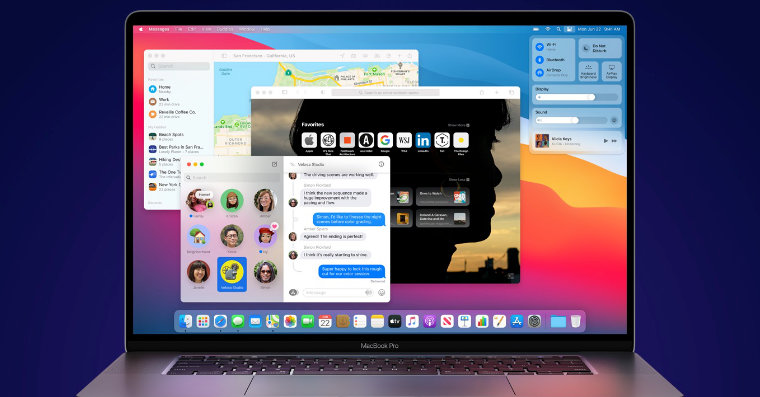
iPad vs MacBook
MacBook, on the other hand, is a mature and well-established concept of a lightweight and, above all, full-fledged laptop with a full-fat operating system without work compromises - unlike the iPad, only the MacBook is not touch-sensitive. From the point of view of an ordinary user of Apple devices, this is probably the only significant difference. There is a de facto minimum of those who would really care if they have to work on macOS or mobile iPadOS right now. But Apple users often can't quite agree on why they even own both devices. Sure, you'll read that the MacBook is for work and the iPad is more for content, but that's not true at all these days.
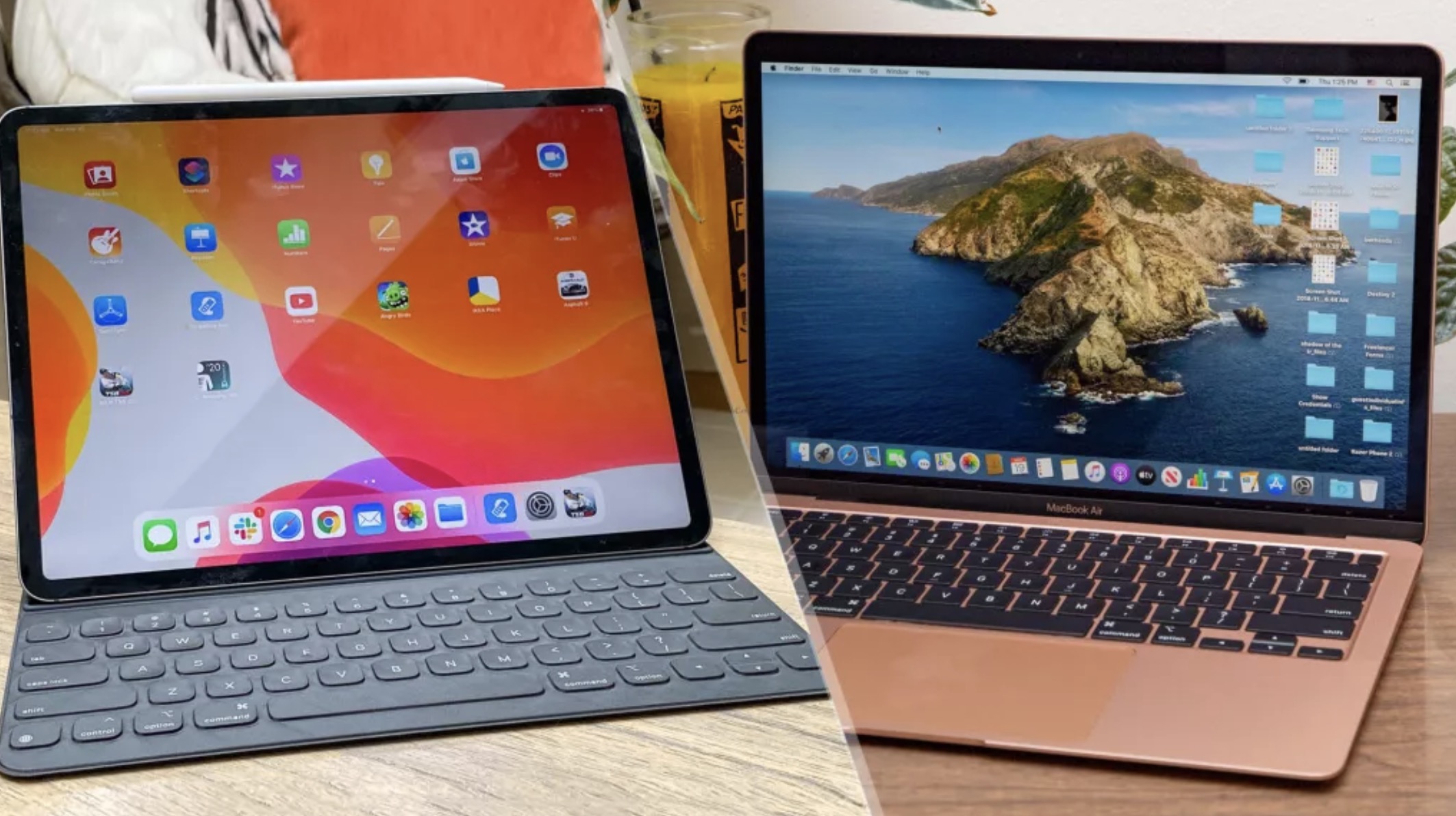
I also know a lot of journalists, students, managers, marketers, and even one or two programmers who haven't turned on their MacBook for quite a few months and can only work fully with an iPad. It's a bit of a schizophrenic situation. Apple has to maintain two hardware-different product concepts, and in doing so, of course, makes mistakes. The fragmented dedication with two types of devices is due to keyboard problems on the MacBook, trampling over macOS on the laptop, or perhaps the somewhat disparate solution of cameras and AR on both devices. It must cost Apple a lot of money, which of course is then reflected in the prices of these devices (which we are already used to anyway). But still, is it still bearable? And most importantly, will it be bearable in ten years?
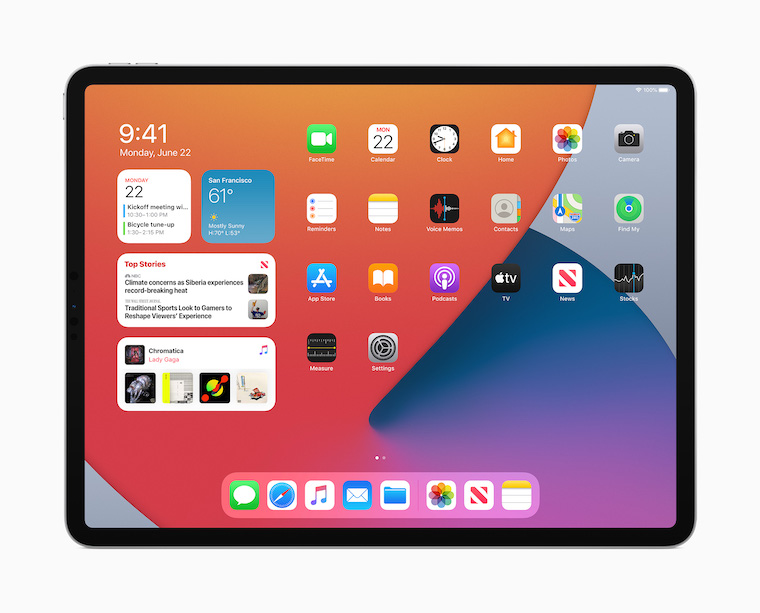
Will my words come true…?
From a business point of view, it is unbearable for such a giant to maintain two such different concepts in the long term. The original pun called iPad still stands at the head of all tablets and just sticks out its tongue at the competition. Honestly, if it weren't for iMacs and the fact that Macs require Apple to maintain macOS, we might not even have MacBooks around today. I know it's a harsh statement, but it's possible. Even Apple has to make money. And what are we going to talk about, the ecosystem and services are the main earners today. From the point of view of costs, providing services is, of course, somewhere completely different than producing hardware.
Check out the latest MacBook Air (2020):
Even the current WWDC conference suggests something. The trend of convergence of the two main operating systems continues, as does the trend of convergence of applications. Porting existing applications from iOS to macOS (and the other way around) is still a bit crazy, but if you now decide to make a completely new application that you want to turn into a global trend, you can really start writing only one application, and then easy and quick to port to both systems. Of course, in this case, it is necessary to carefully follow and use developer technologies from Apple. Of course, this statement must be taken with a slight exaggeration, of course, nothing can be 100% automated. Apple still says that all three of its concepts, i.e. Mac, MacBook and iPad, are still in the center of attention, and perhaps declares too loudly that it sees it that way almost forever. But from a long-term, purely economic point of view, it doesn't make sense even for a large corporation like Apple, which has globally fragmented manufacturing and frankly fragmented supplier quality. This has been shown in full glory twice recently. The first time during the "Trumpiad" on the topic of "American companies manufacture in China" and the second time during the coronavirus, which affected absolutely everyone and everywhere.
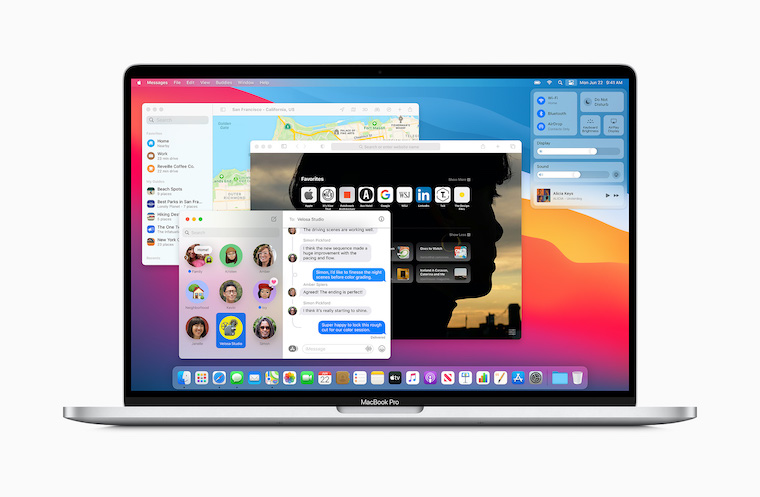
So far, Apple is successfully ignoring what bothers people about laptops
The habits of users of computers and similar devices are changing. Today's young generation controls devices by touch. He doesn't know what a push-button phone is anymore and he doesn't have the slightest desire to move a mouse around the table for every single thing. I know a lot of people who are just annoyed that a lot of otherwise great laptops still don't have a touchscreen. Sure, it's the best keyboard for typing, and there's simply nothing better yet. But honestly, if you're a manager, how often do you really need to write a long text yourself? So the trend is slowly starting that managers (not only in IT) simply don't even want a laptop anymore. At meetings, I meet more and more people who only have a tablet in front of them, no laptop. For them, the laptop is inconvenient and a bit of a survival.
The differences between laptop and tablet continue to blur, which is beautifully seen in the convergence of iOS 14 and macOS 11, and even the ability to run iOS/iPadOS applications on macOS on future laptops or computers with an ARM processor.
macOS 11 Big Sur:
Possible scenarios?
It can have several possible scenarios. Either we will have a touchscreen MacBook, which makes little sense - this scenario would require far more profound changes to Apple's existing desktop operating system. It would mean practically a complete redesign of macOS on the front-end layer. The second scenario is that the iPad will become more and more casual, and within a few years, Apple's laptops will lose both meaning and purpose and simply disappear. I know this topic is always controversial for apple fans, but it points to something. Take a look at the trends around the systems introduced on Monday. In fact, macOS is approaching the mobile system, and not the other way around. It can be seen in the interface, in the features, in the things under the hood, in the API for developers and most importantly in the appearance.
It could be interest you
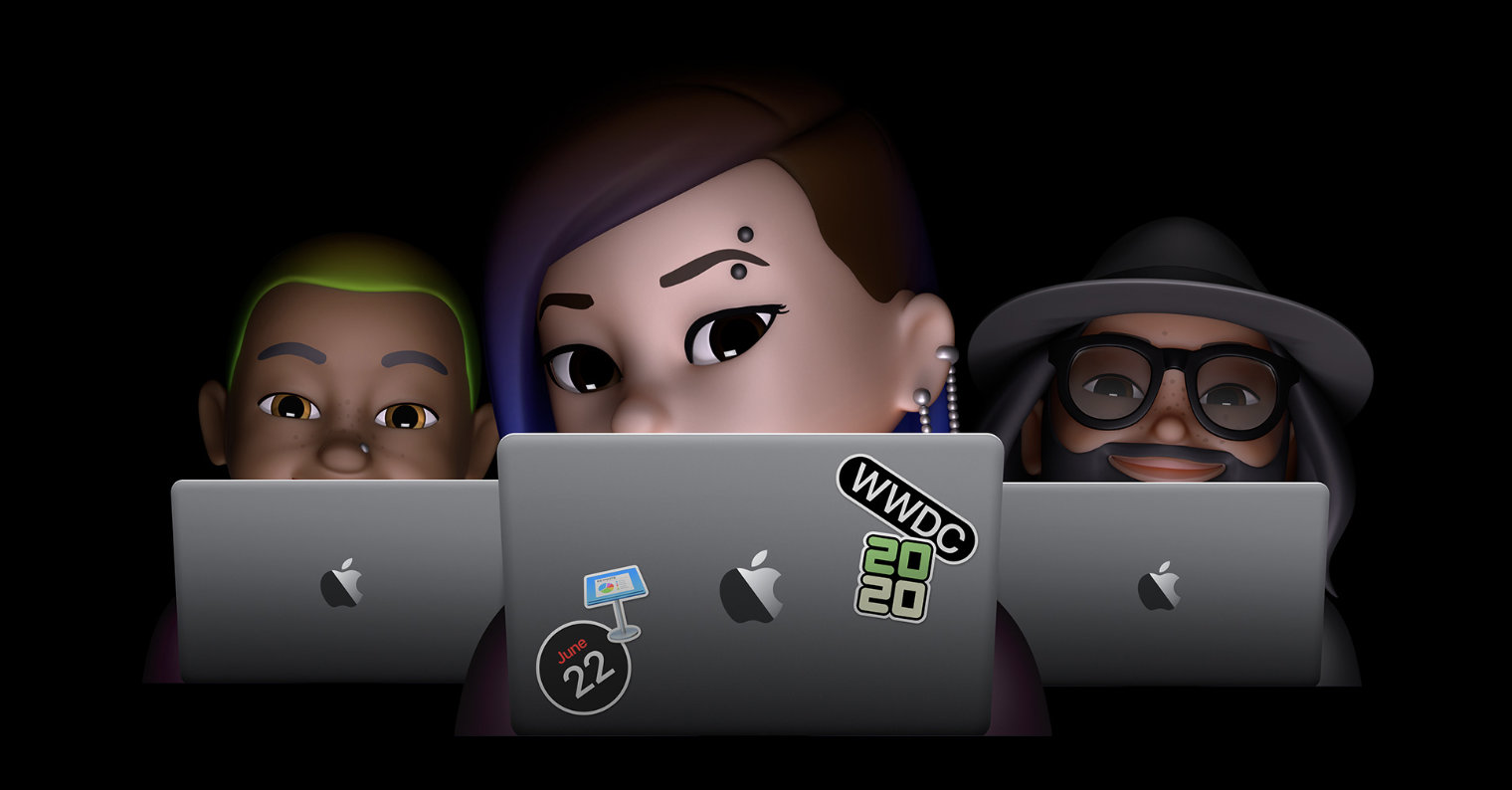
But the important question would be, in the case of such a development, what will actually be left of macOS? If there were no MacBooks and only desktop computers would remain, whose system will increasingly approach mobile work, what would be the future of Macs themselves? But that's probably another consideration. What is your opinion on the subject of iPad vs MacBook, i.e. on the topic of iPadOS vs macOS? Do you share it or is it different? Let us know in the comments.
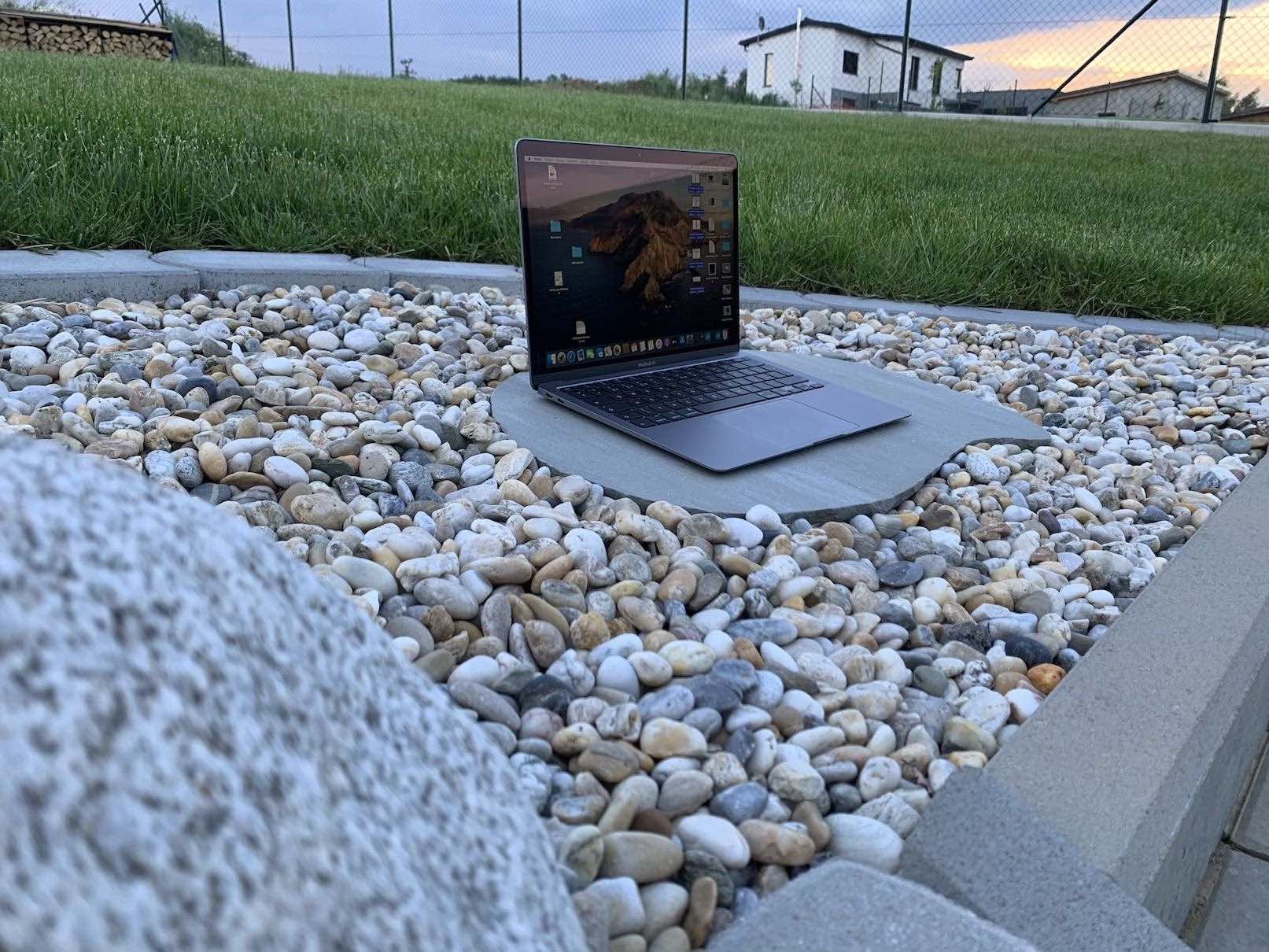
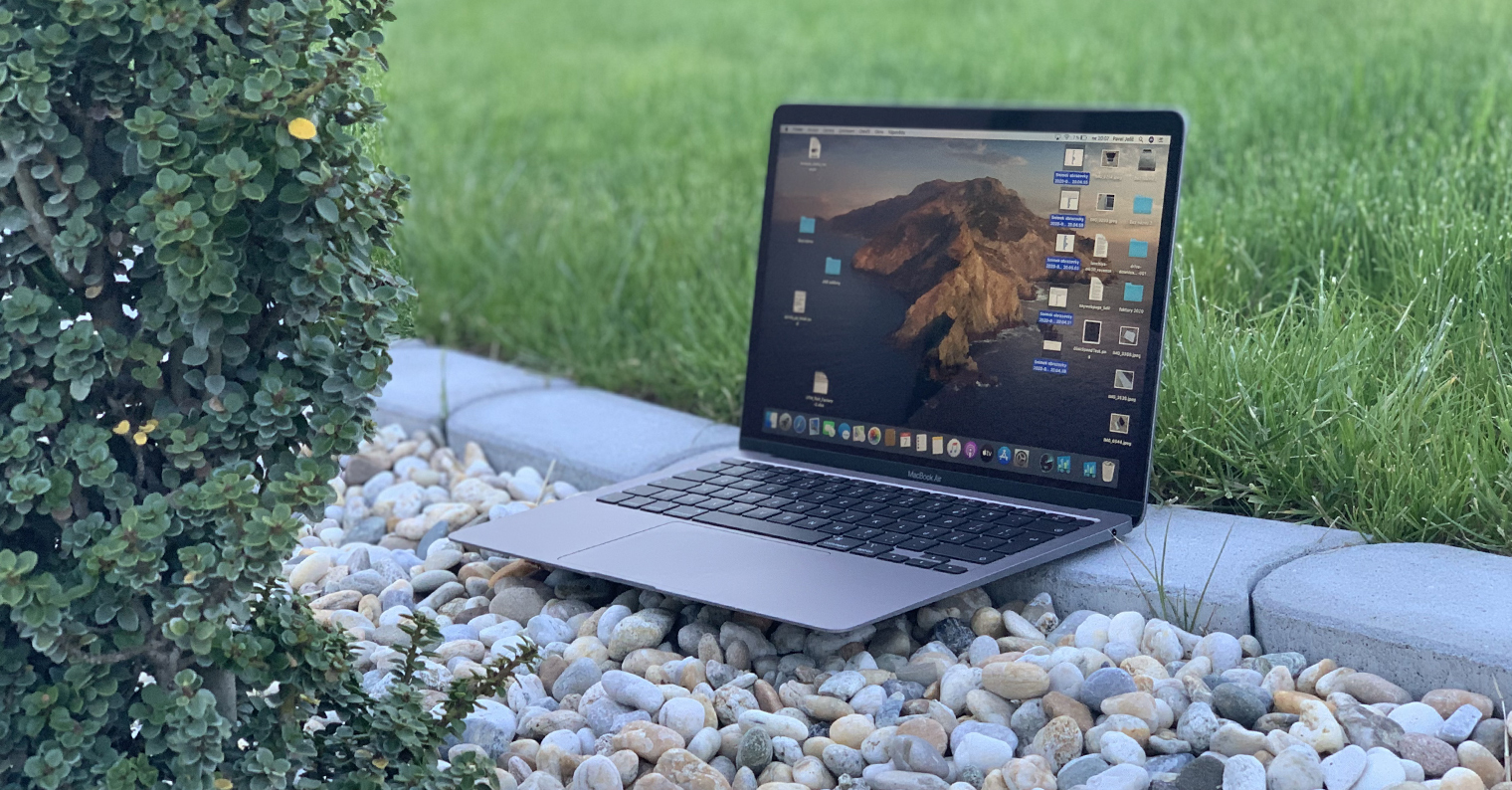
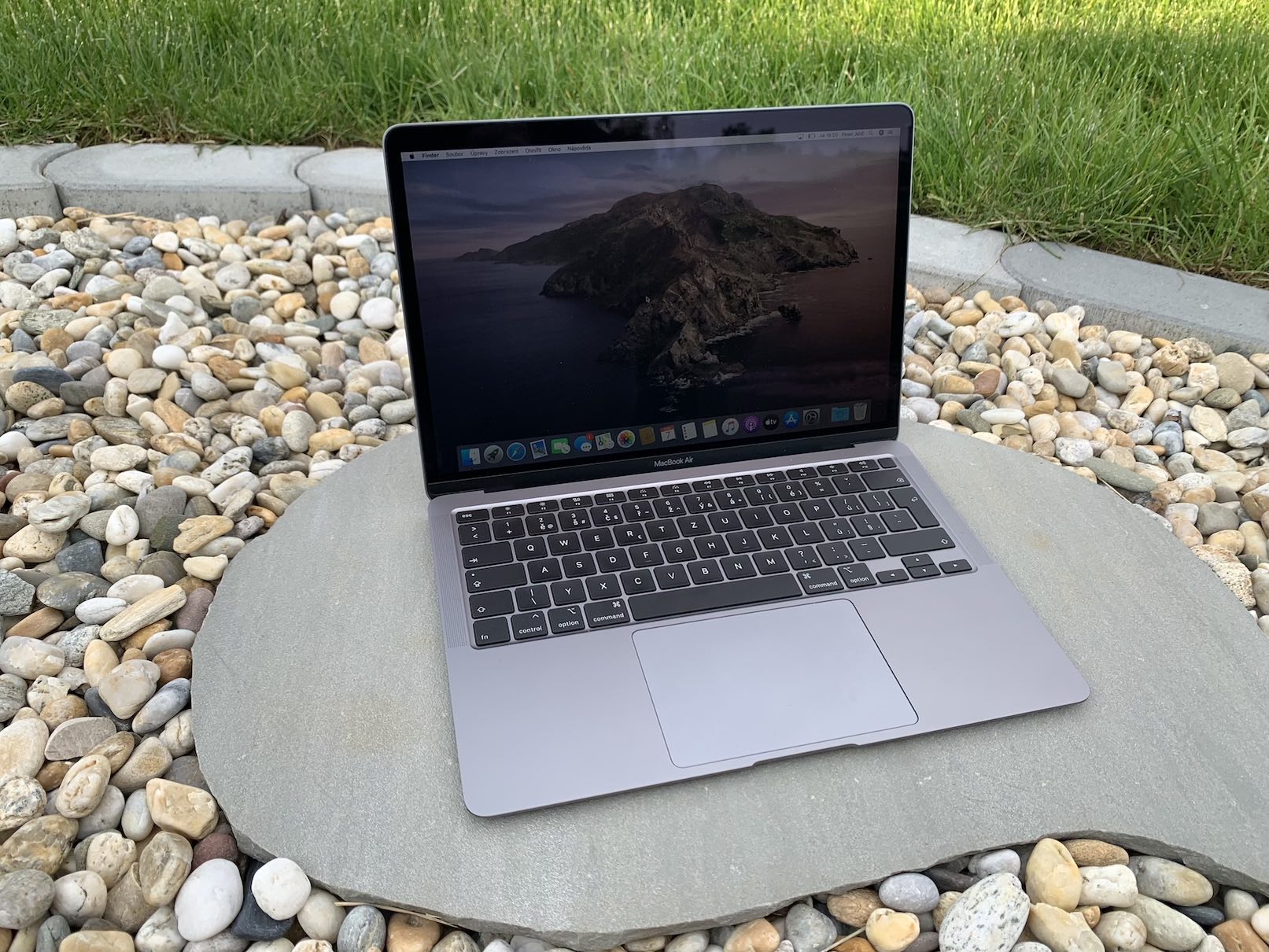
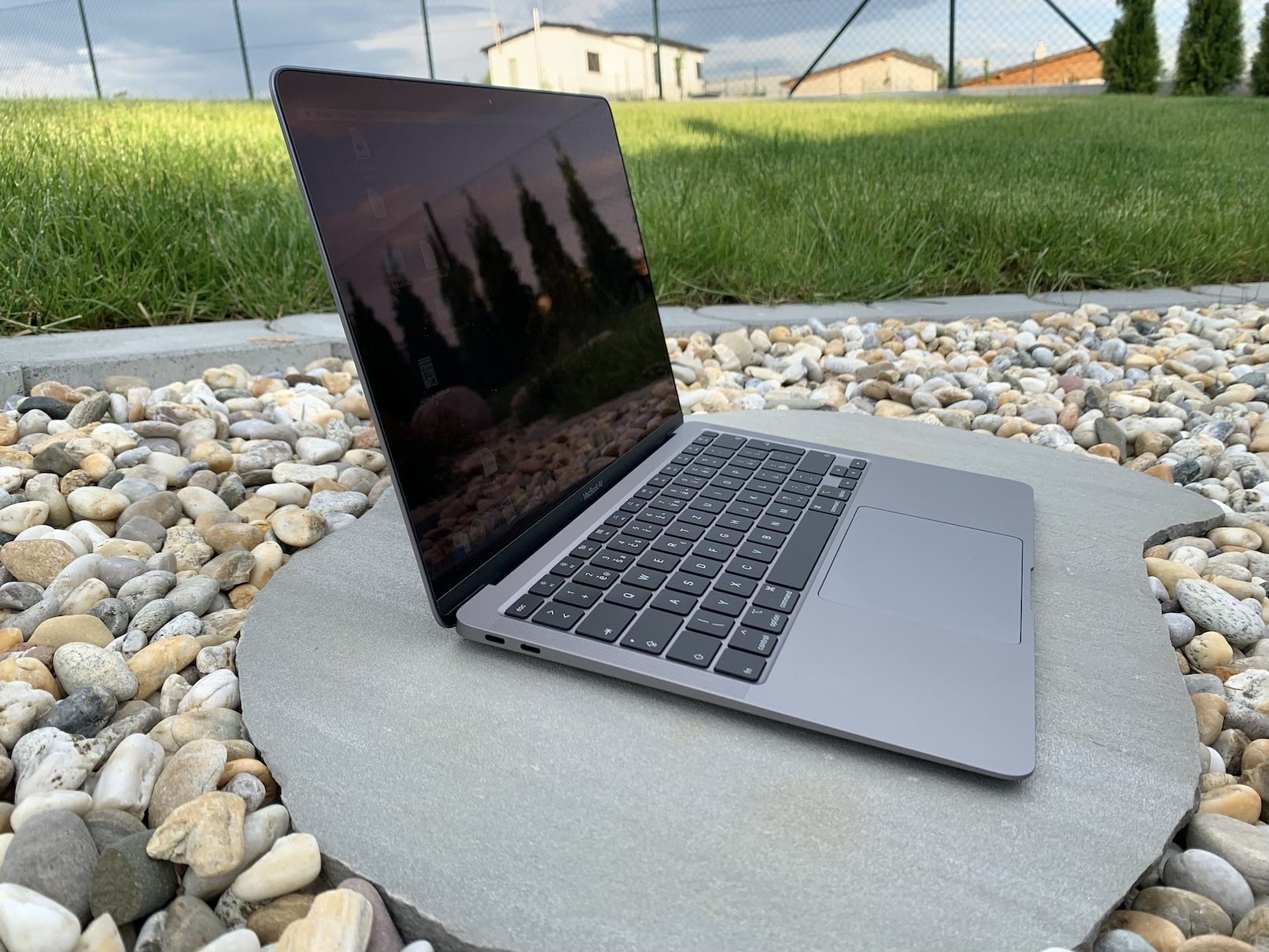
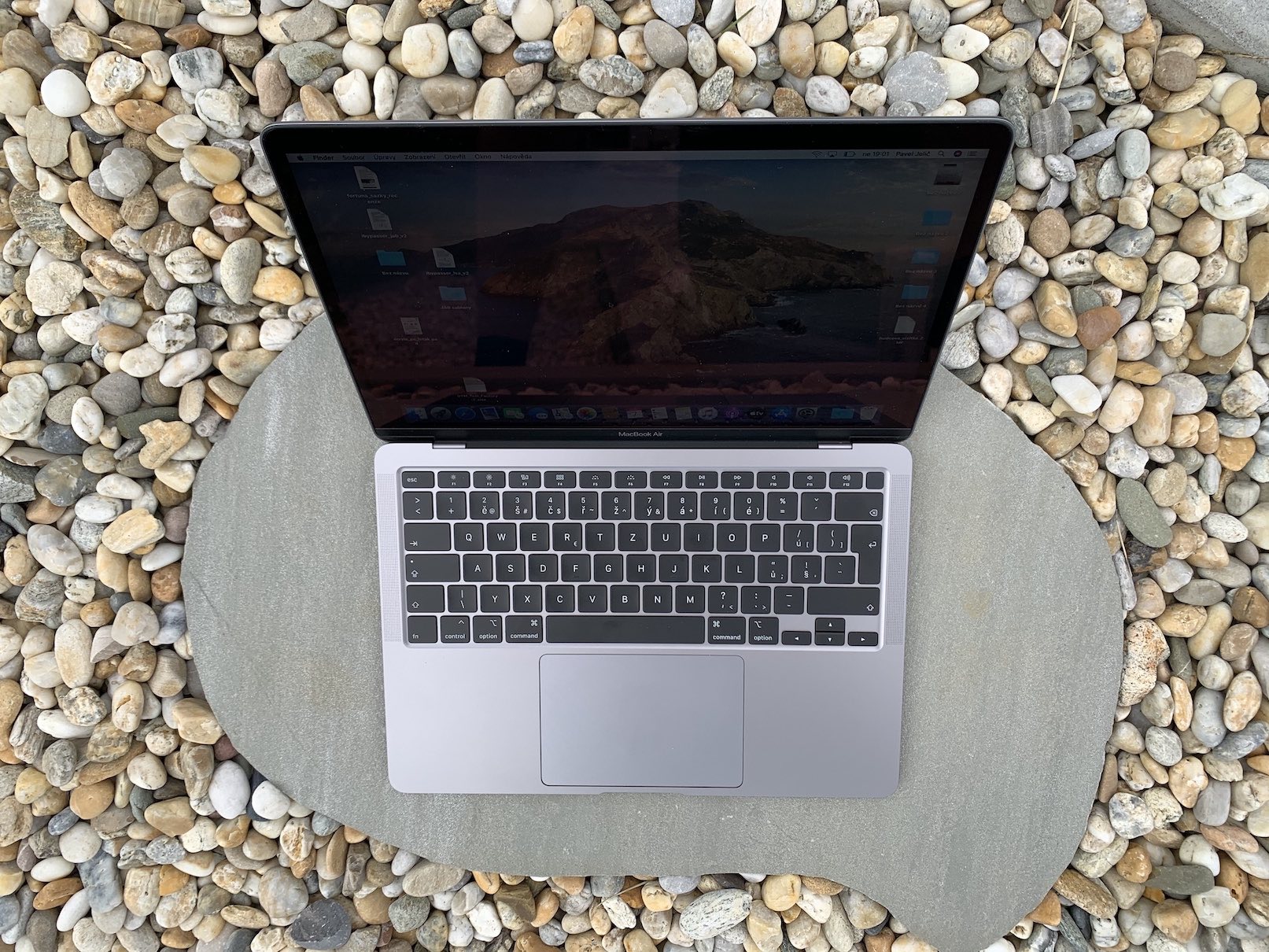
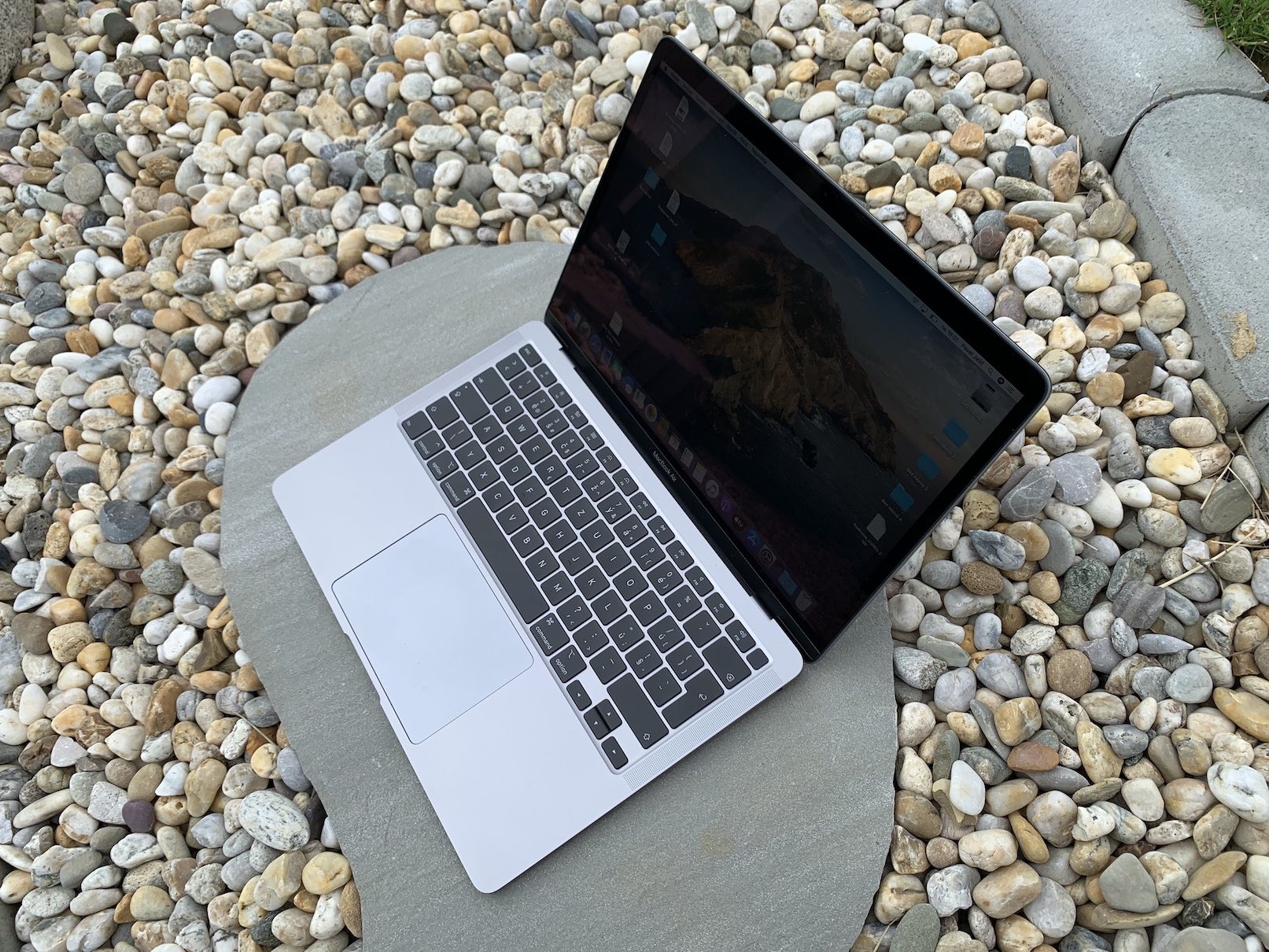
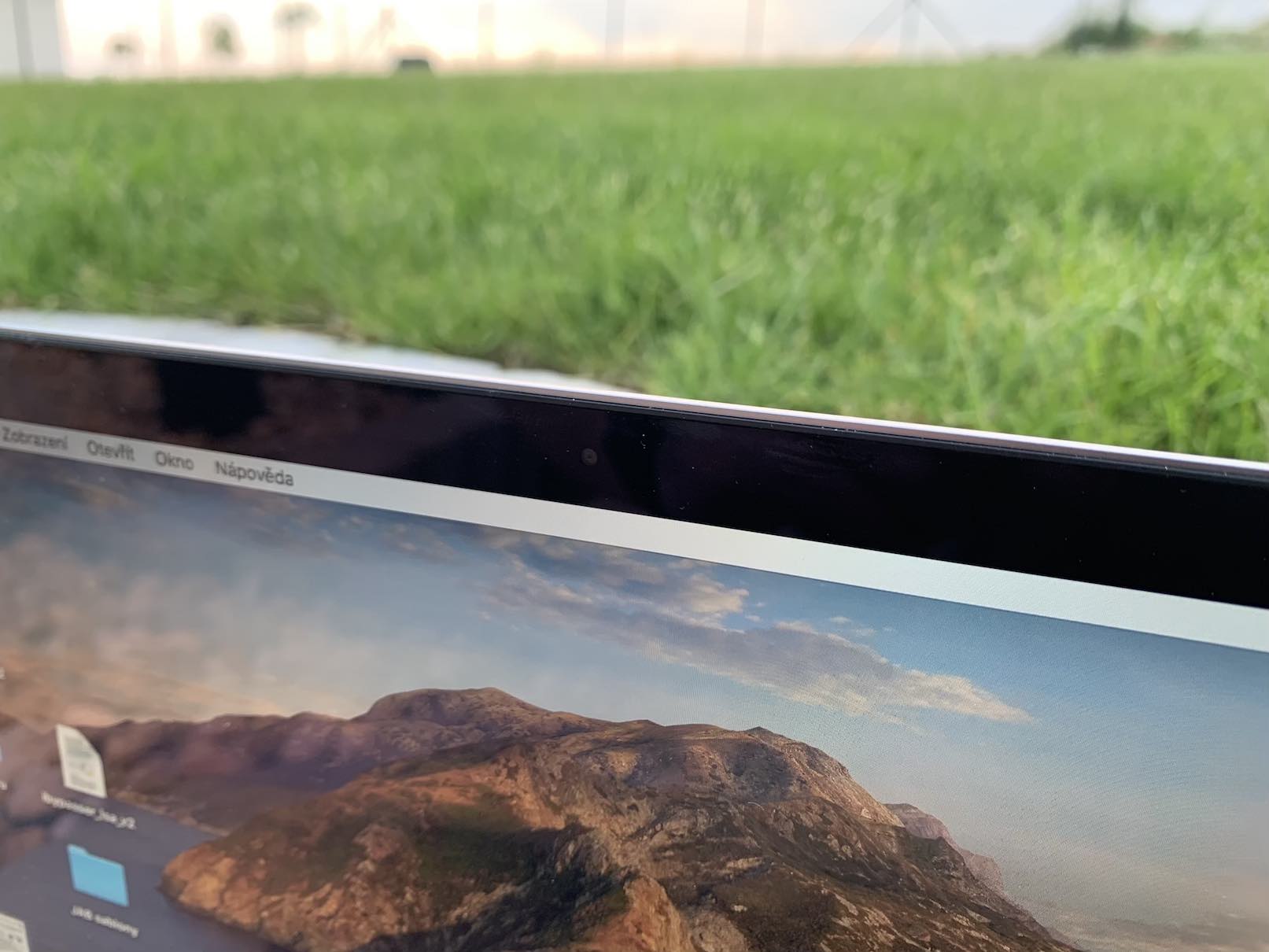
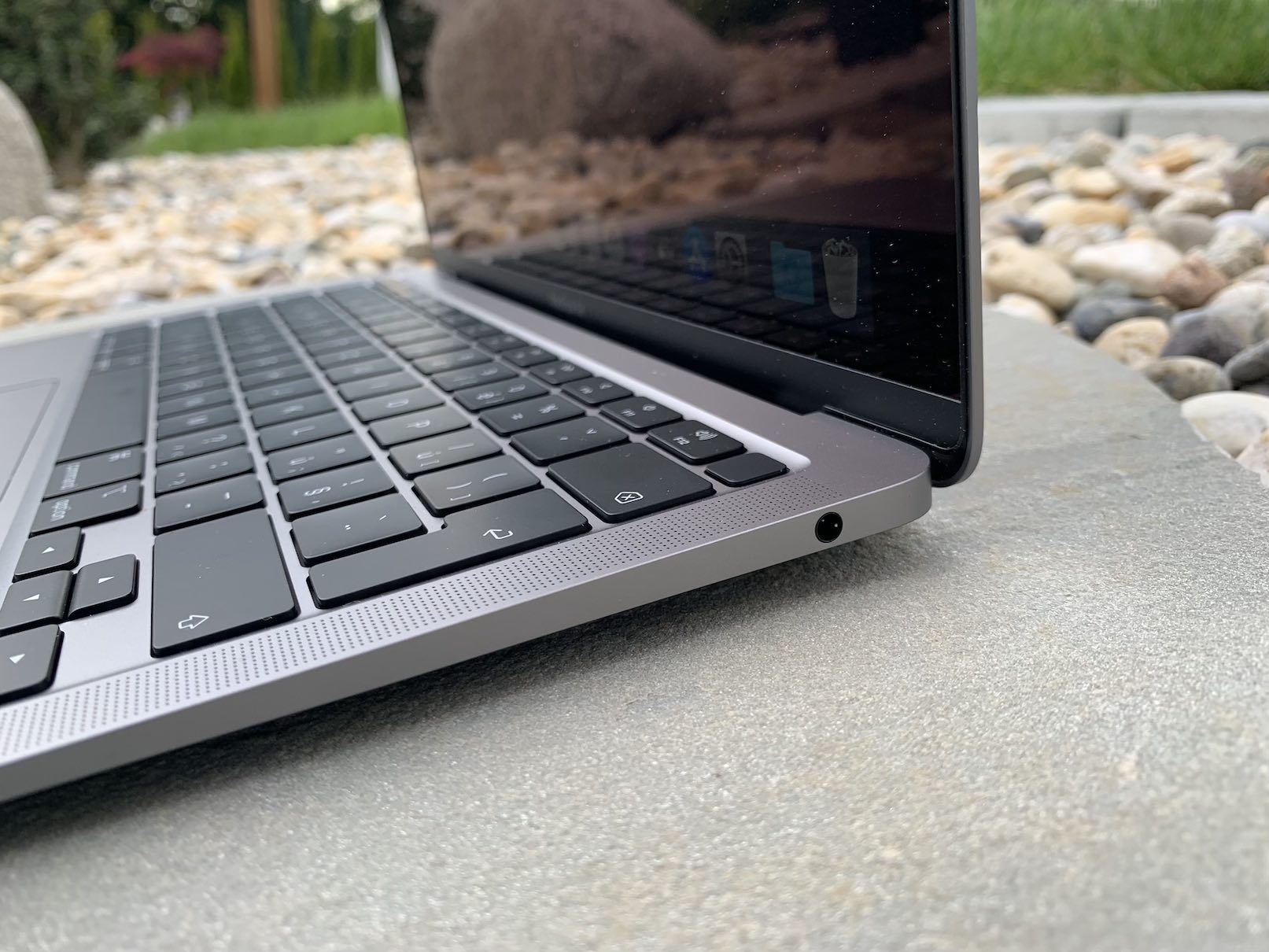
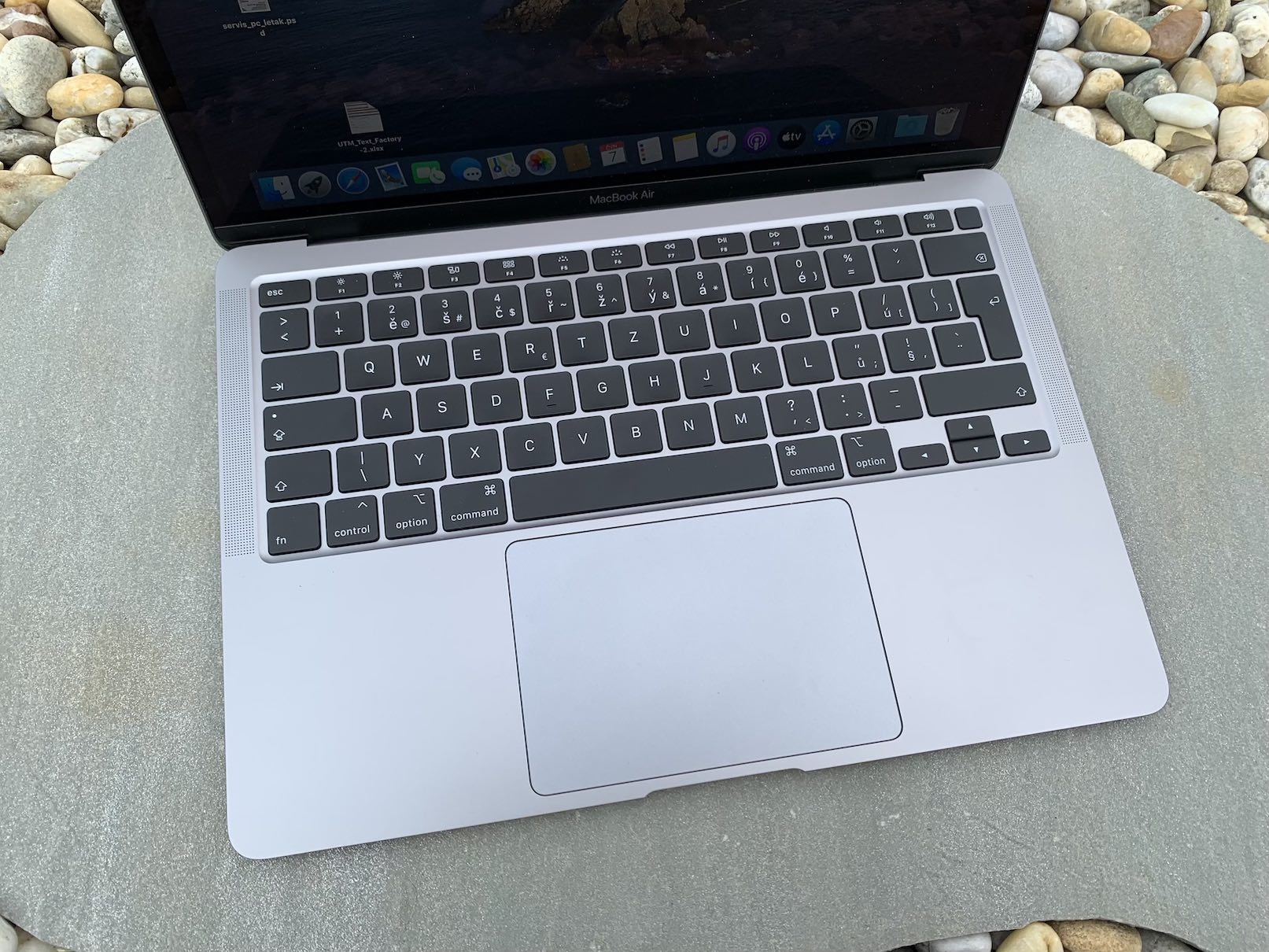
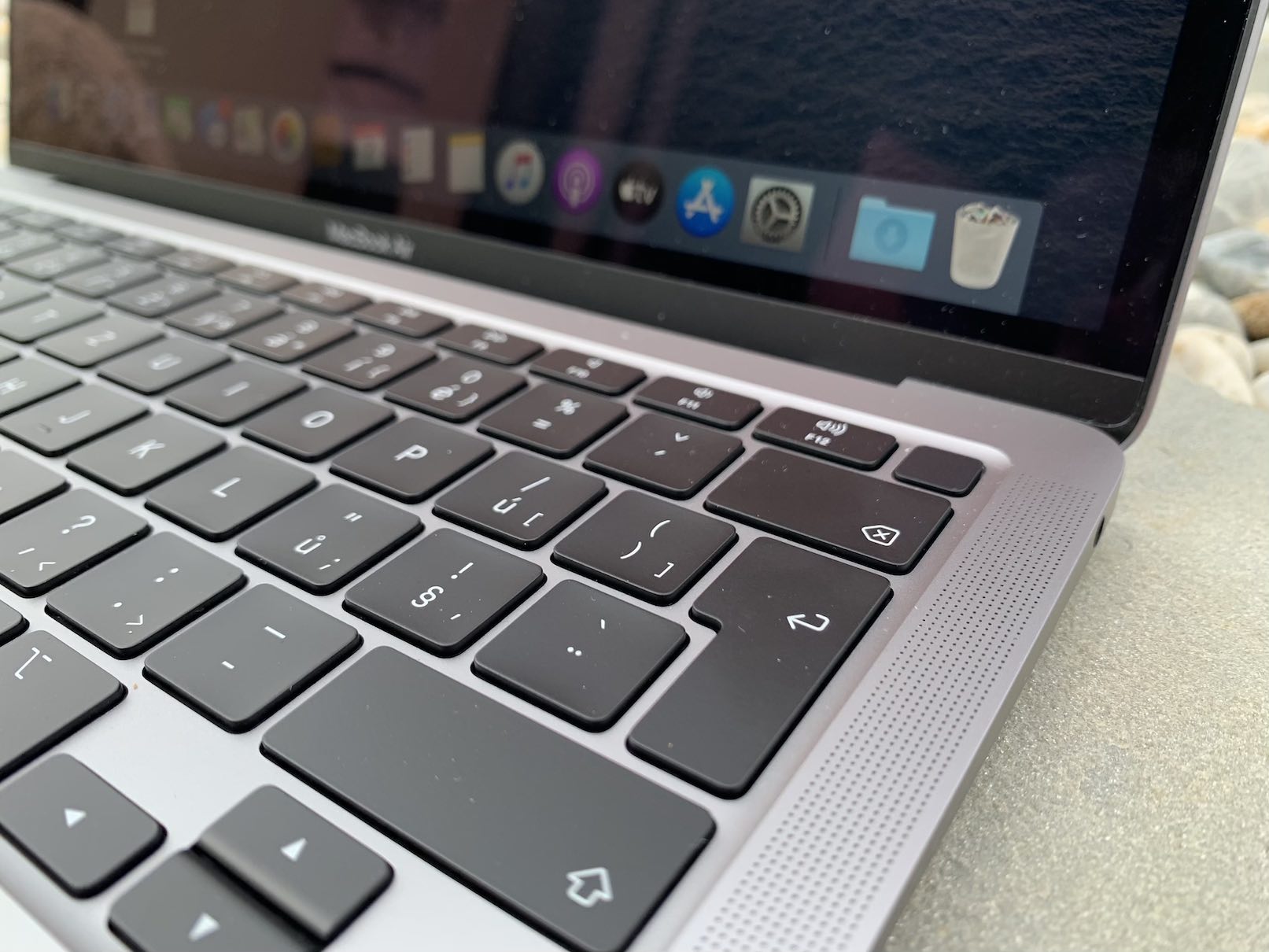
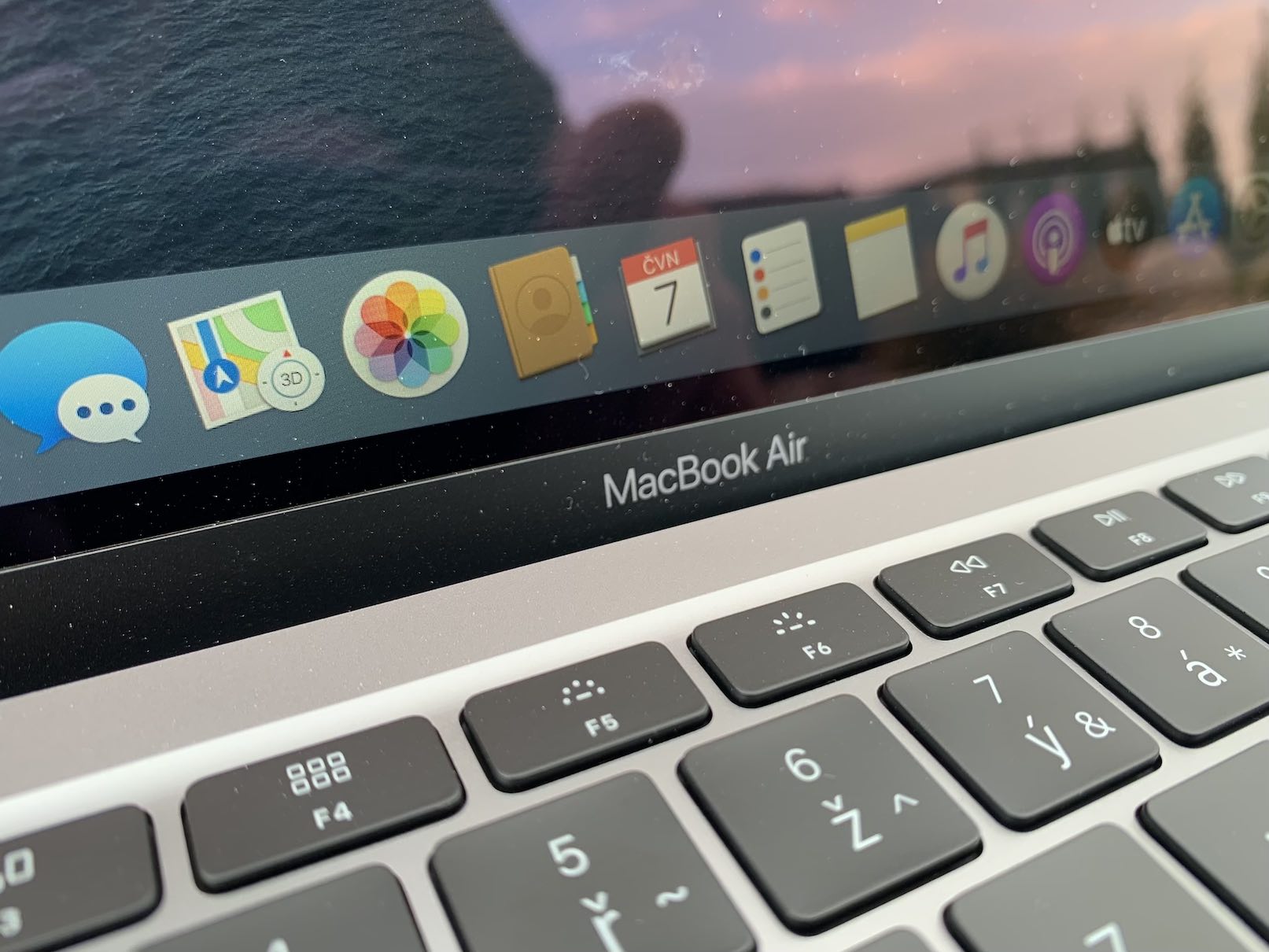
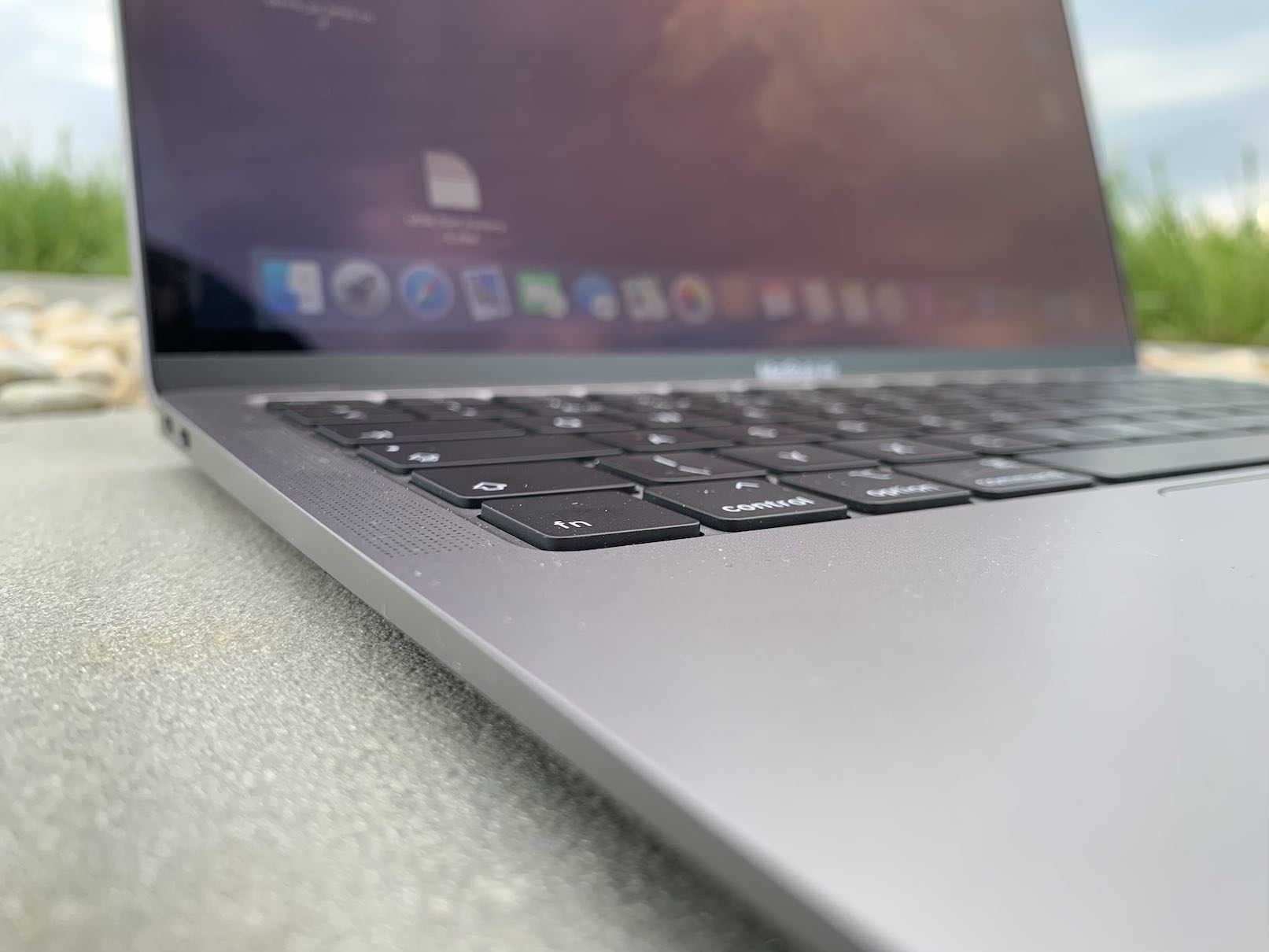

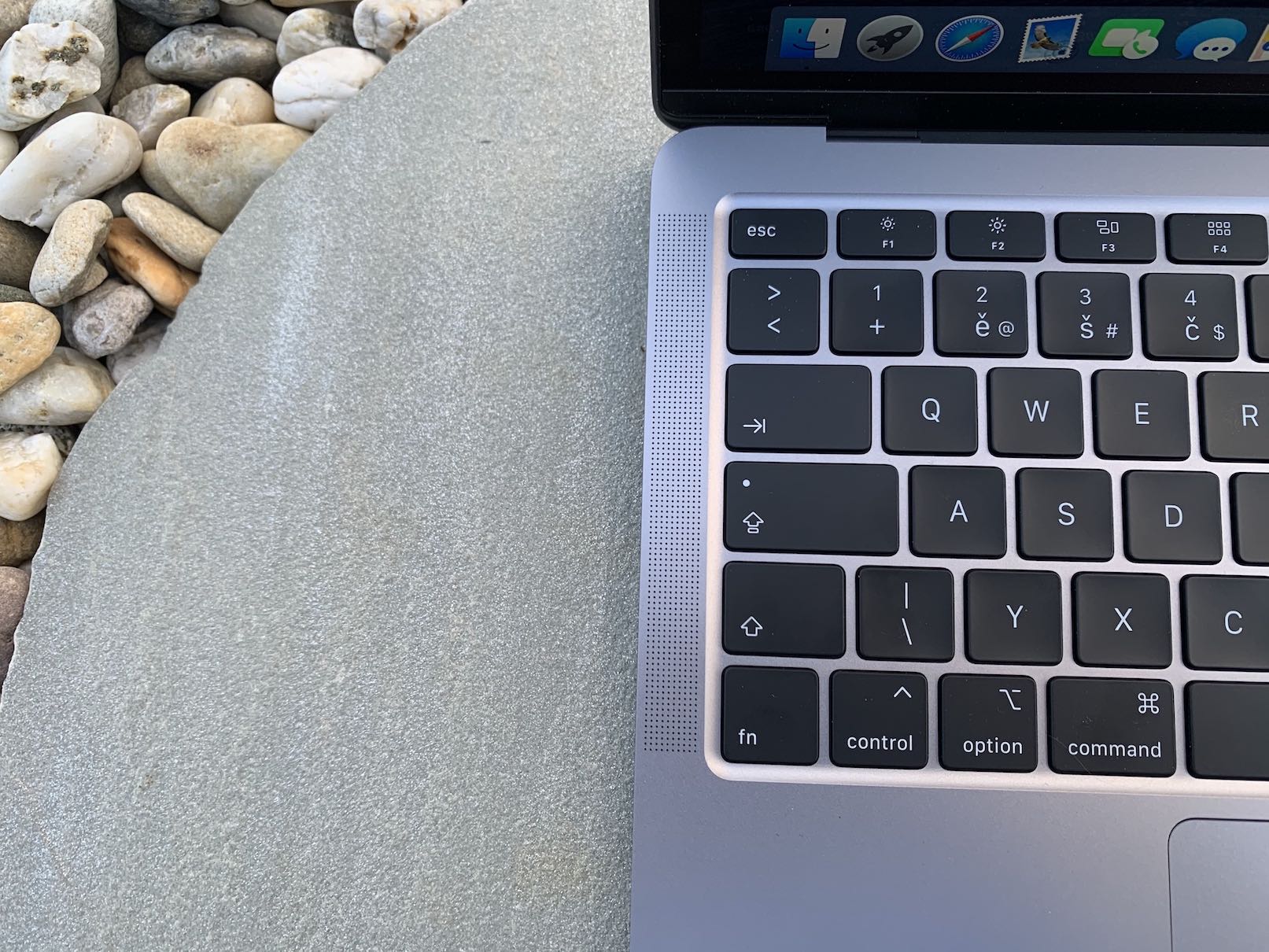
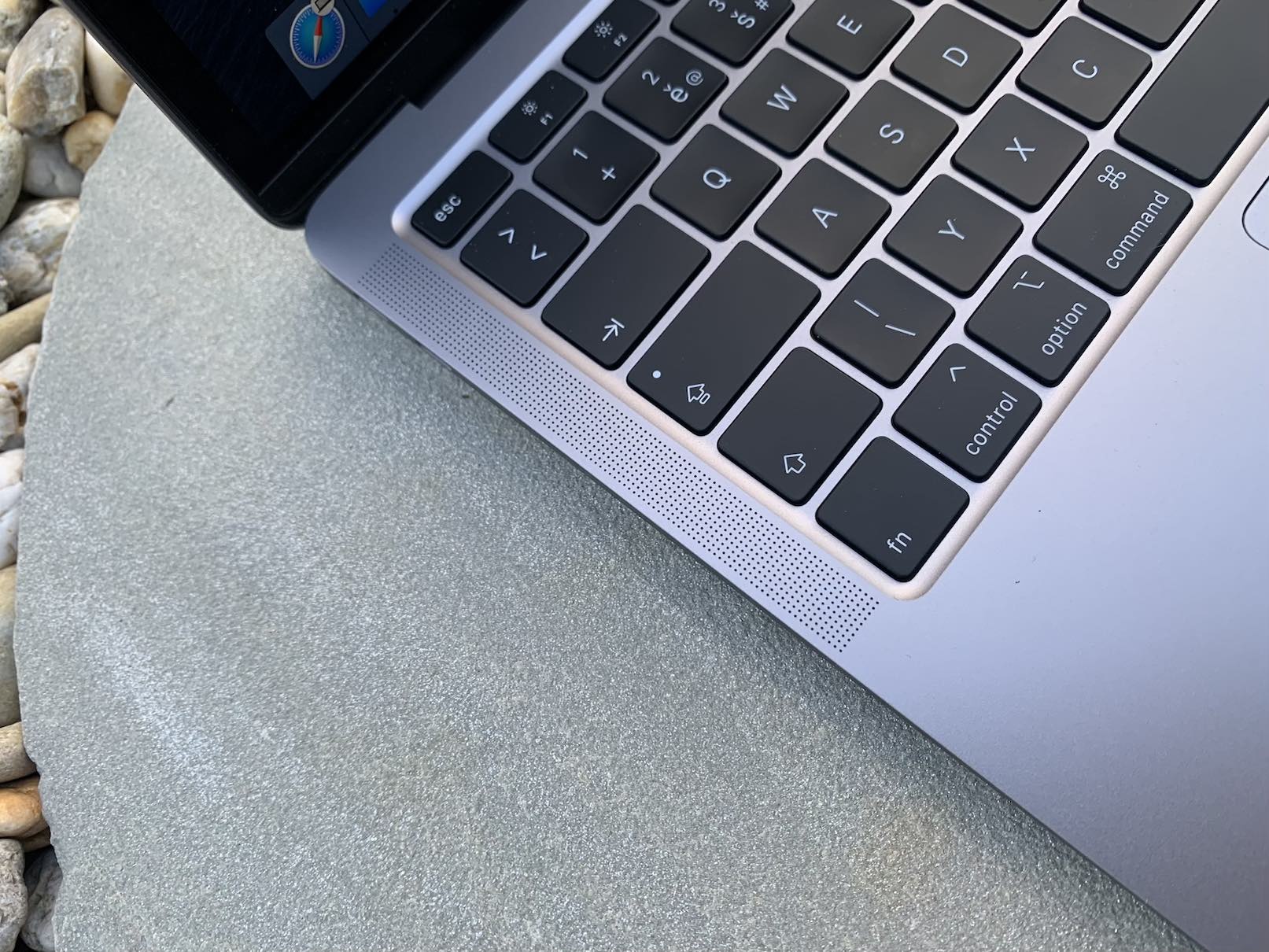
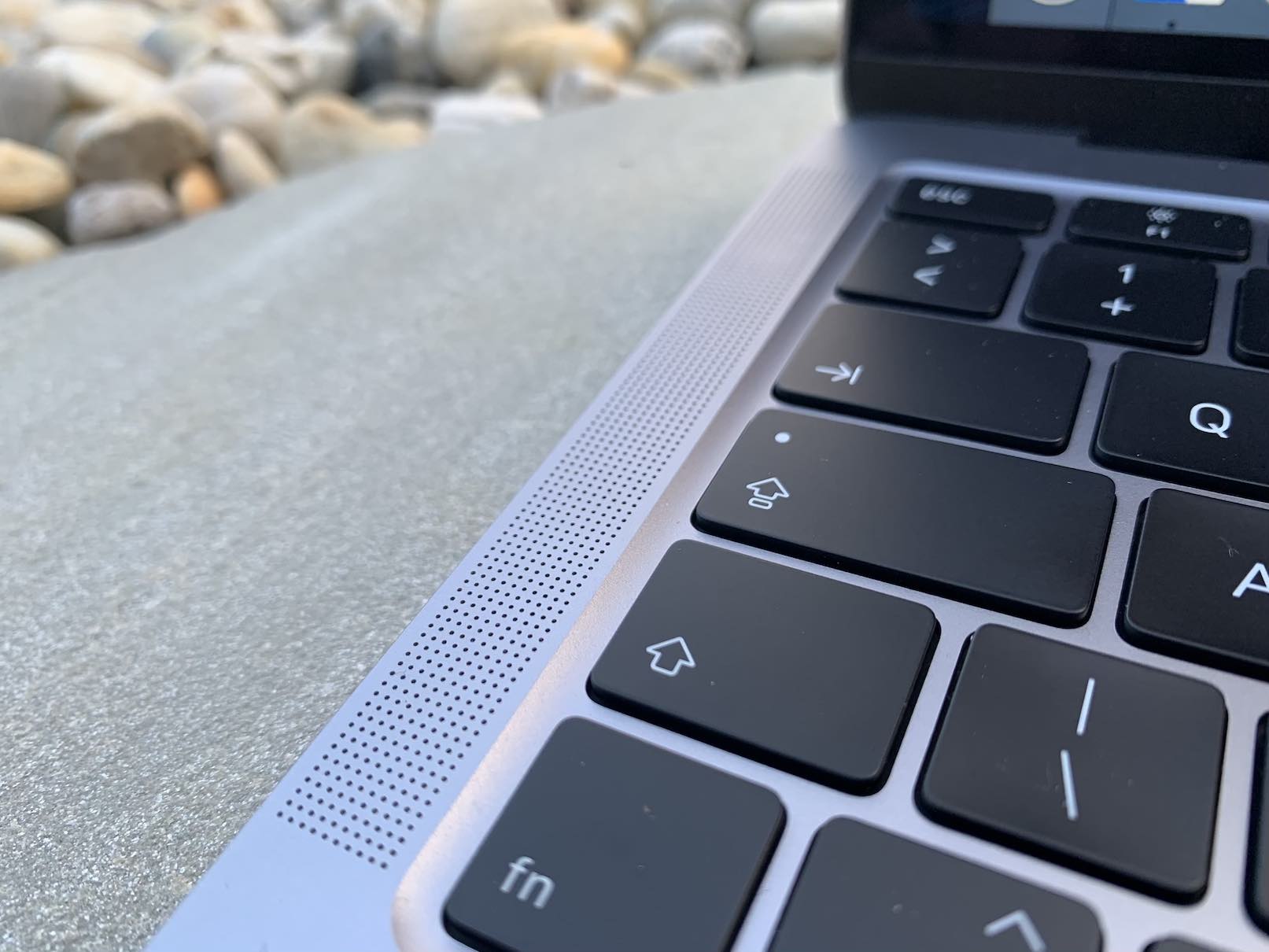
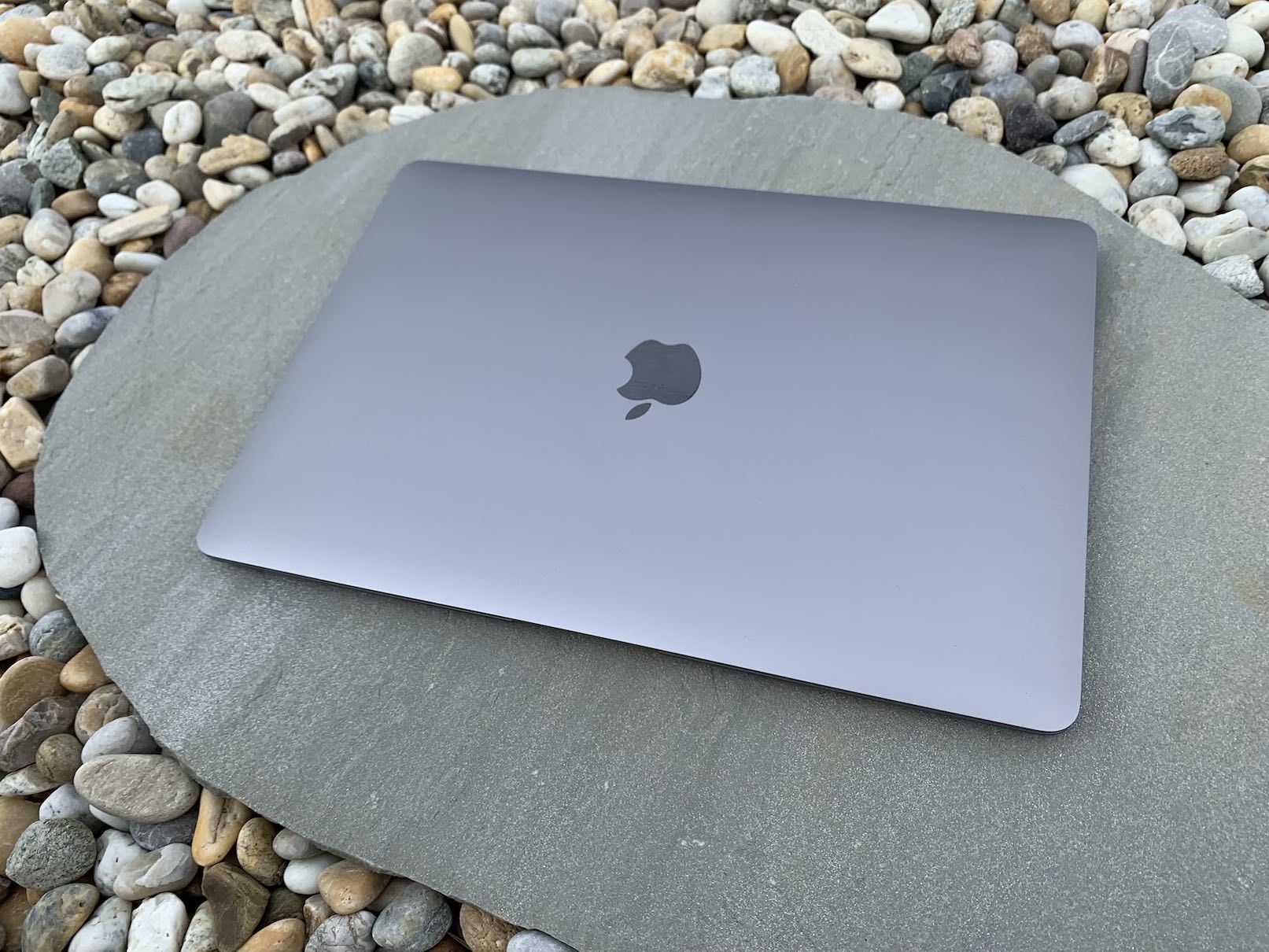
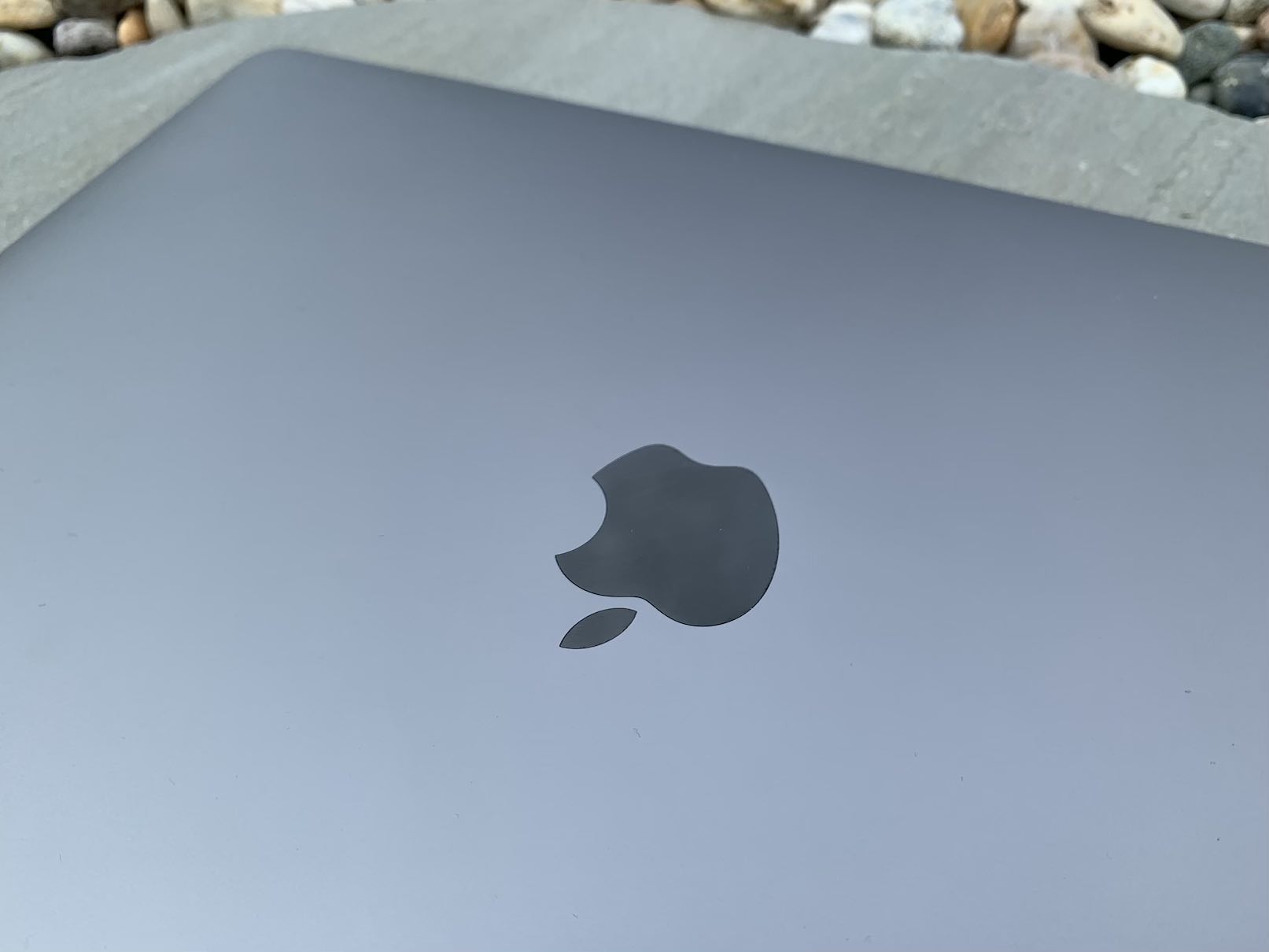

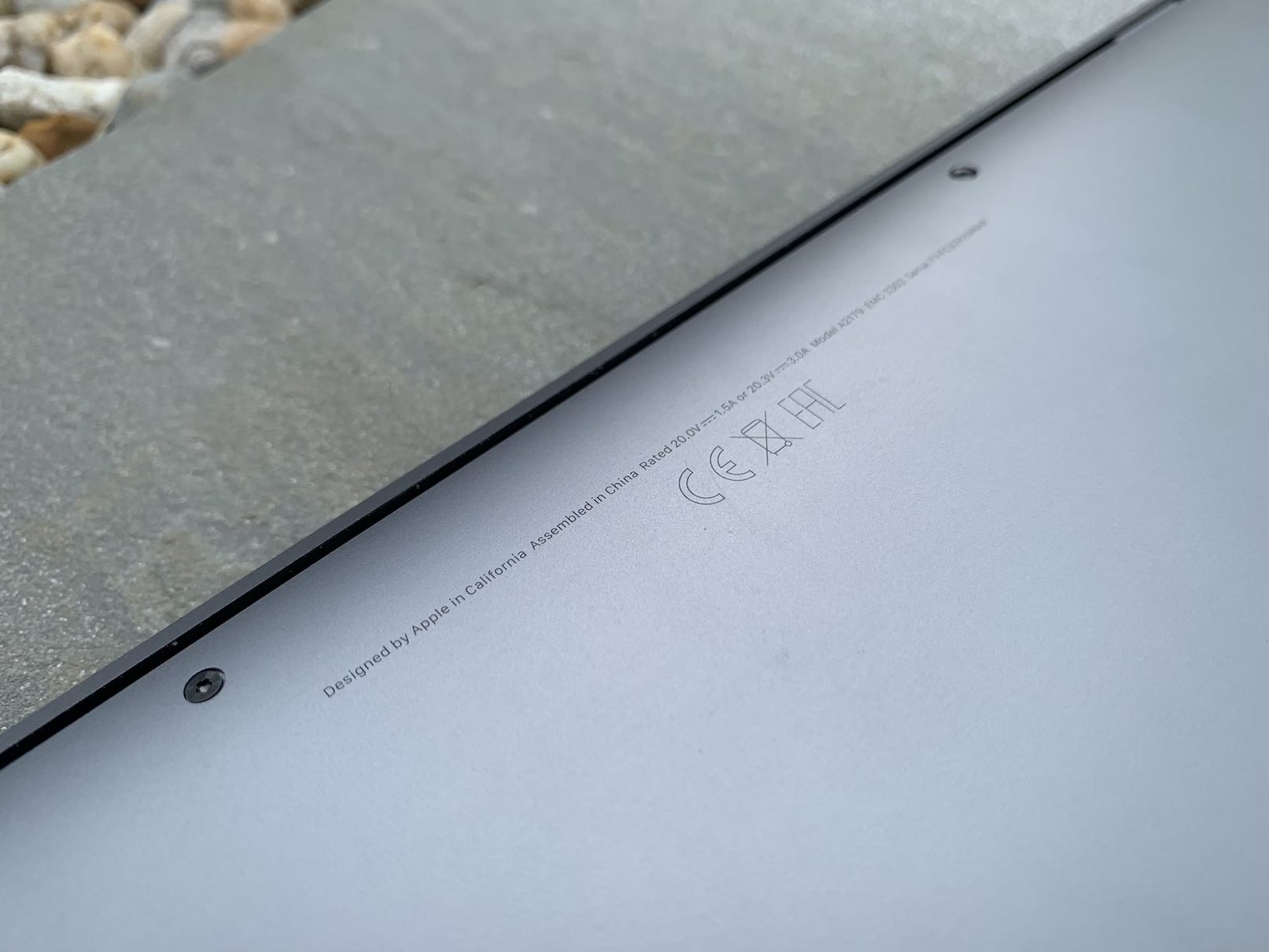
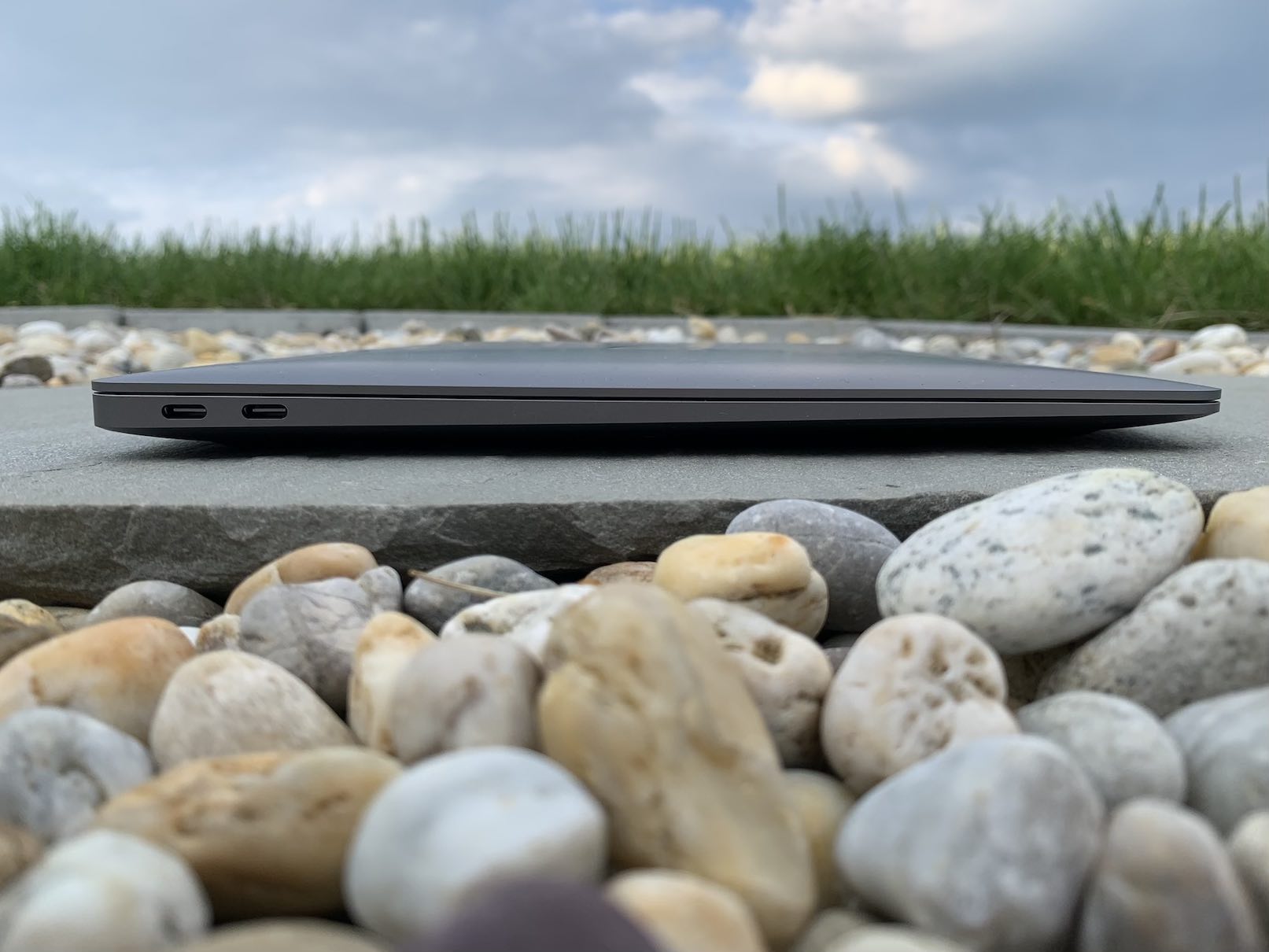

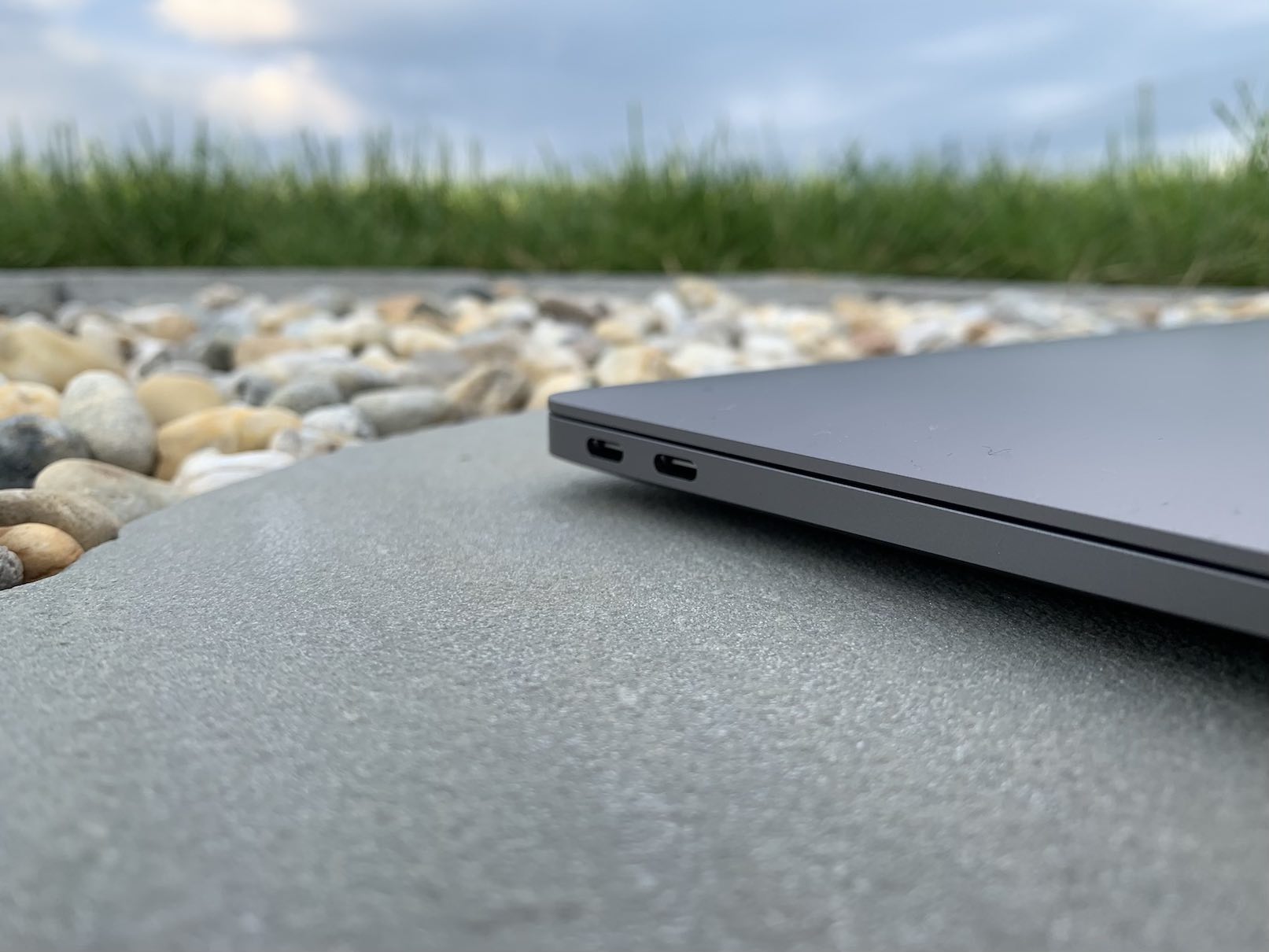
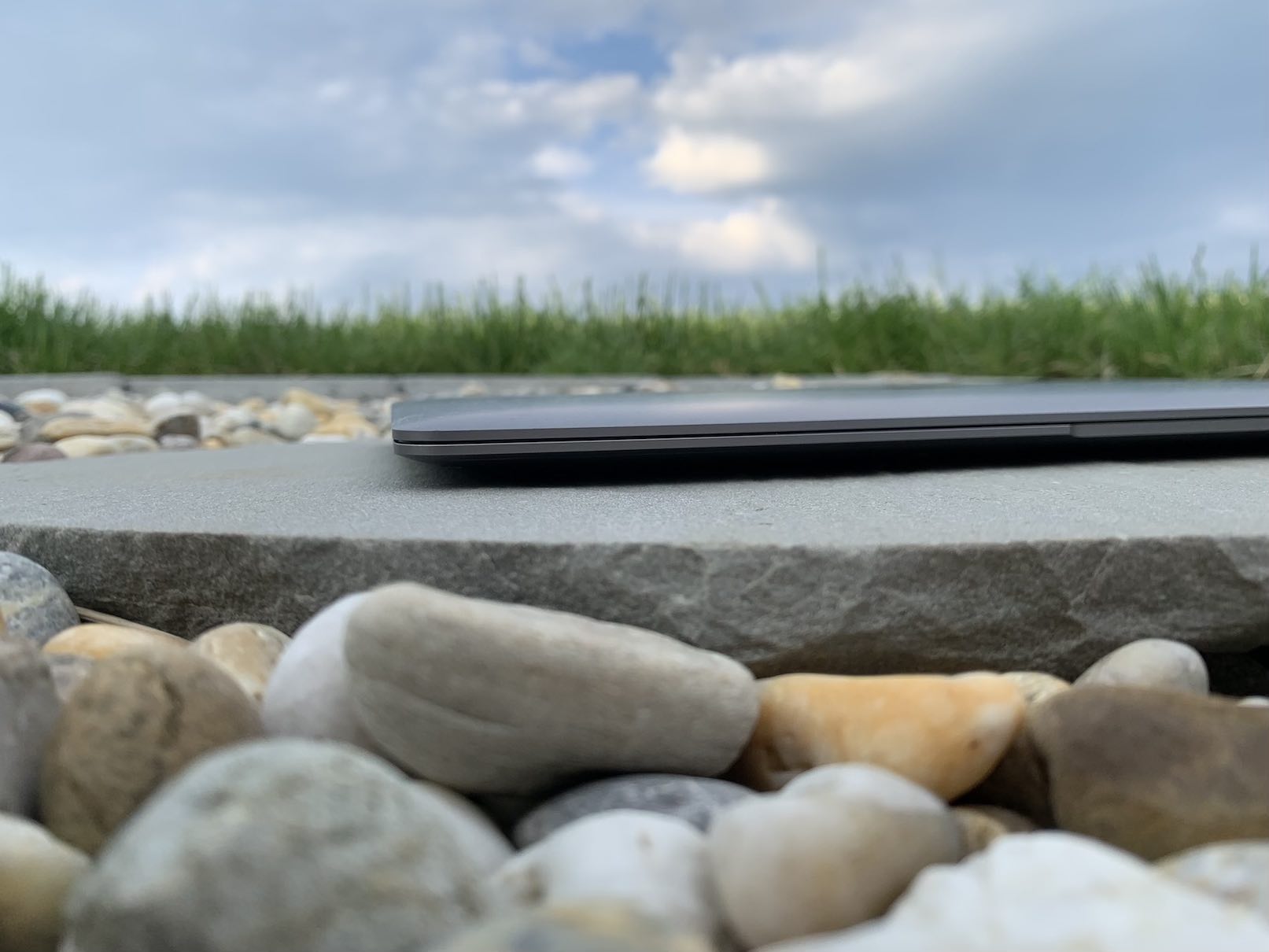
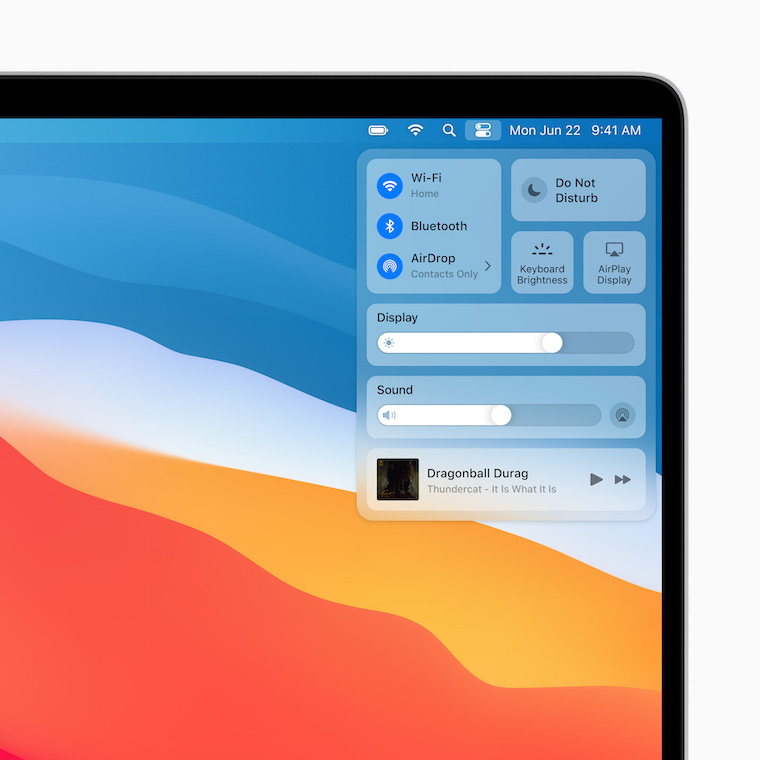
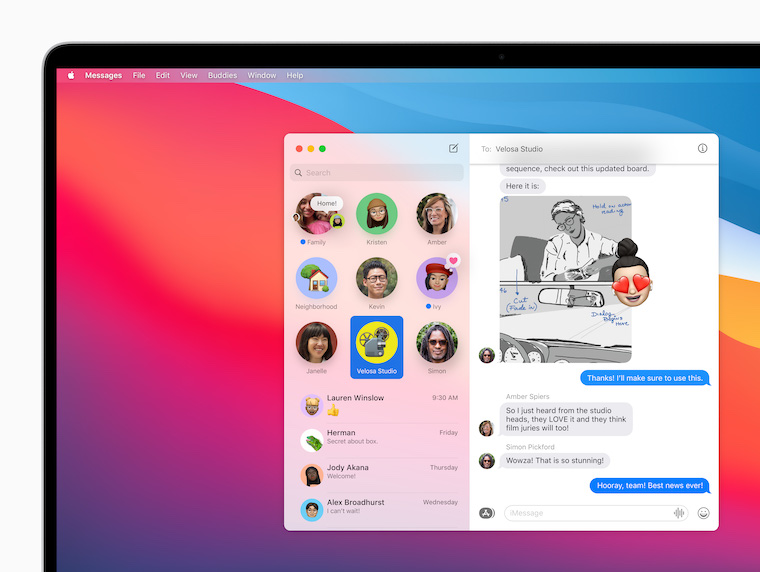
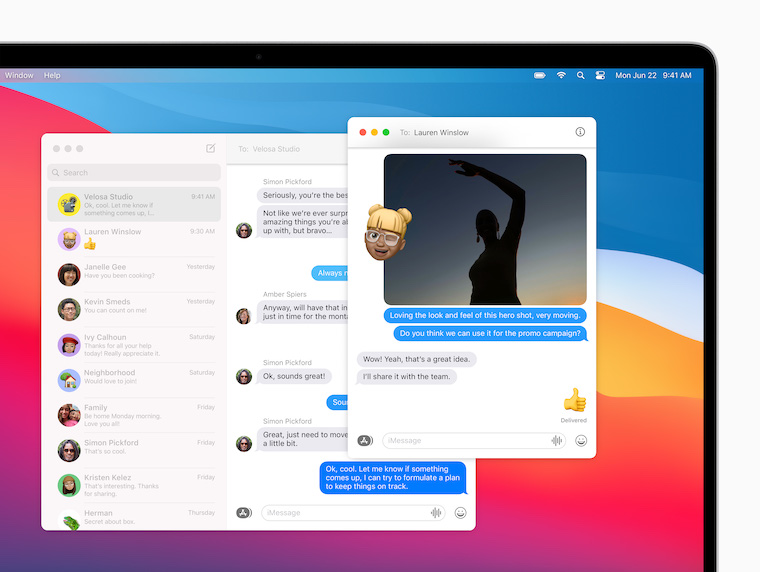
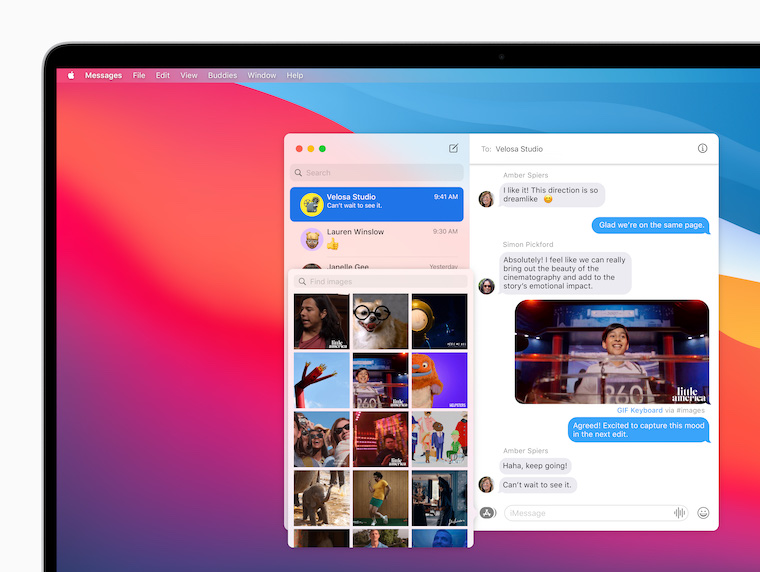
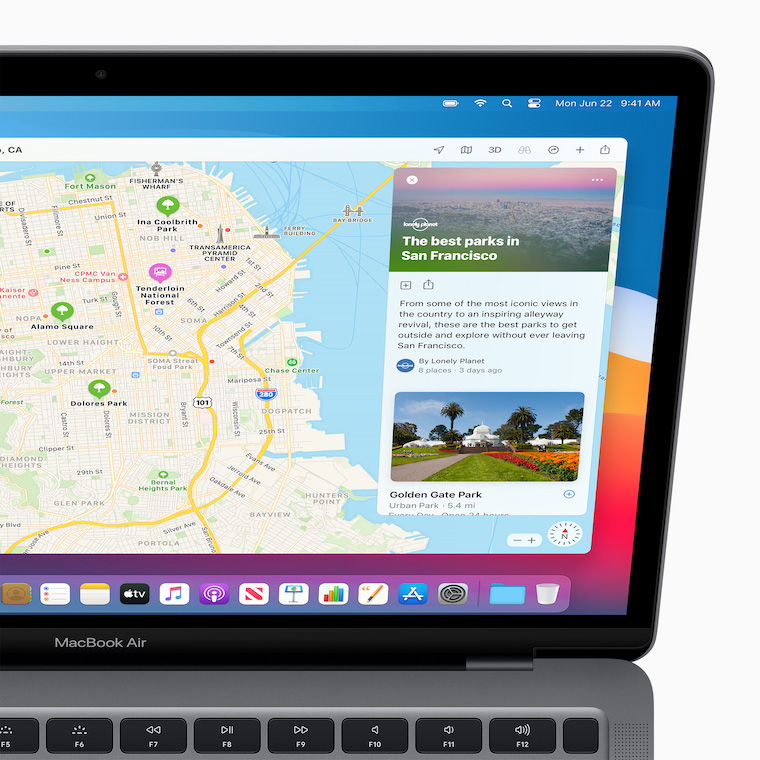
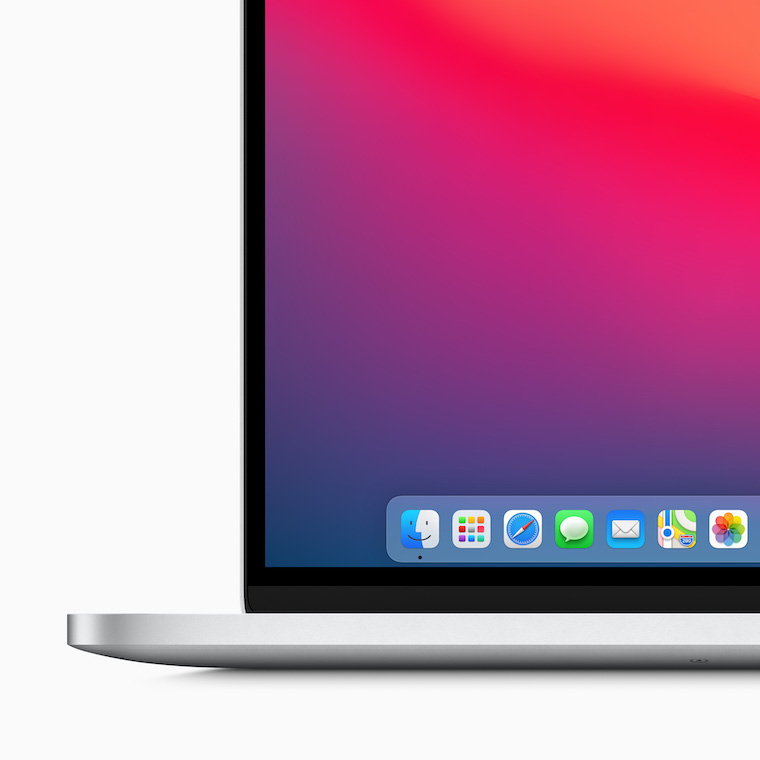
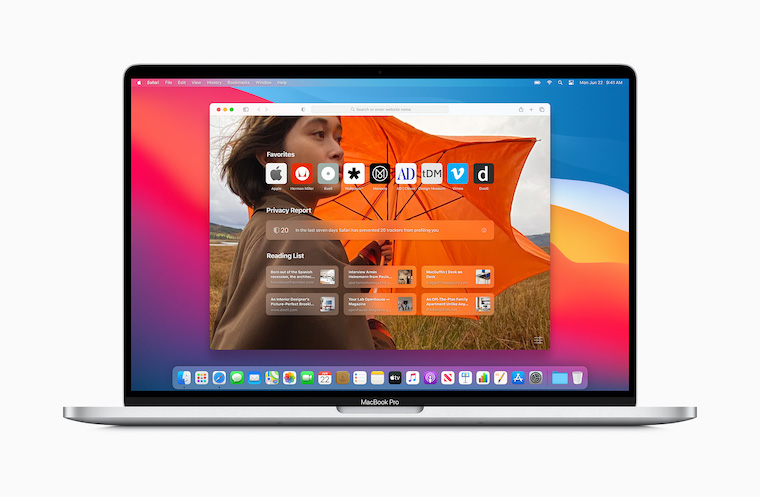
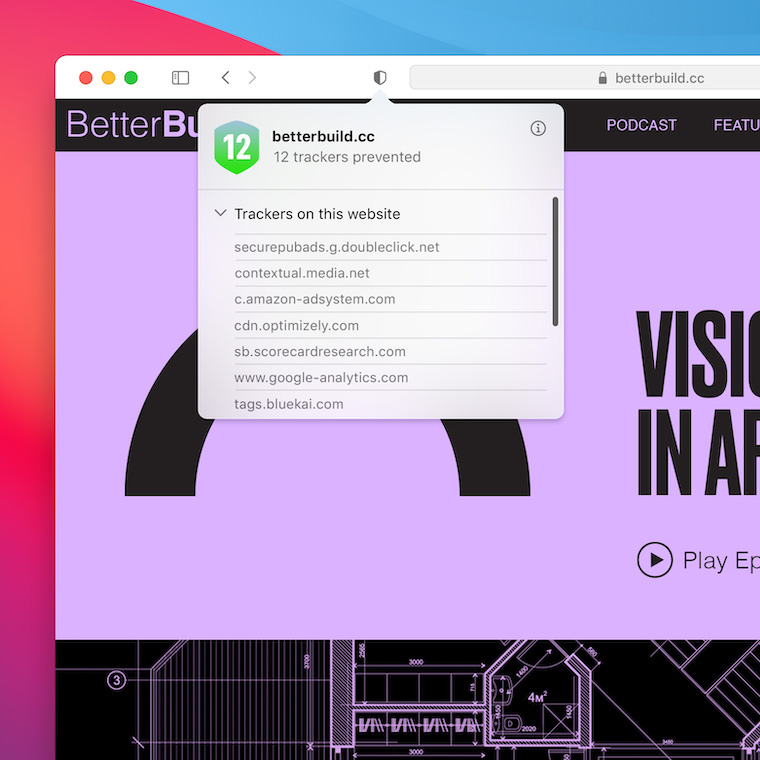
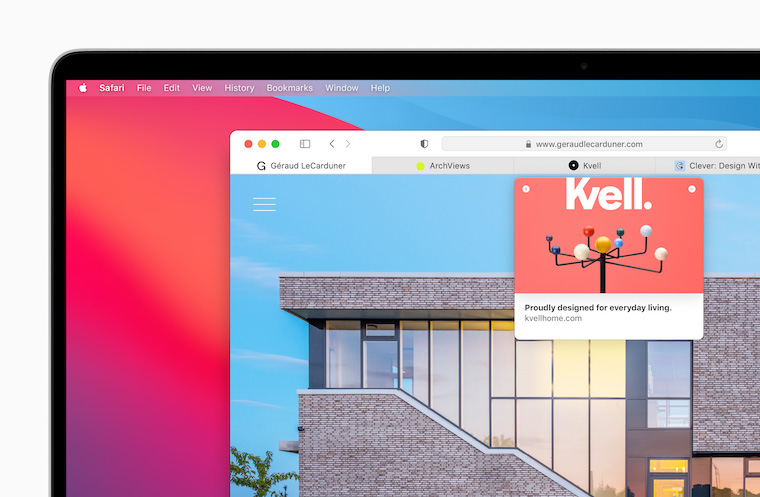
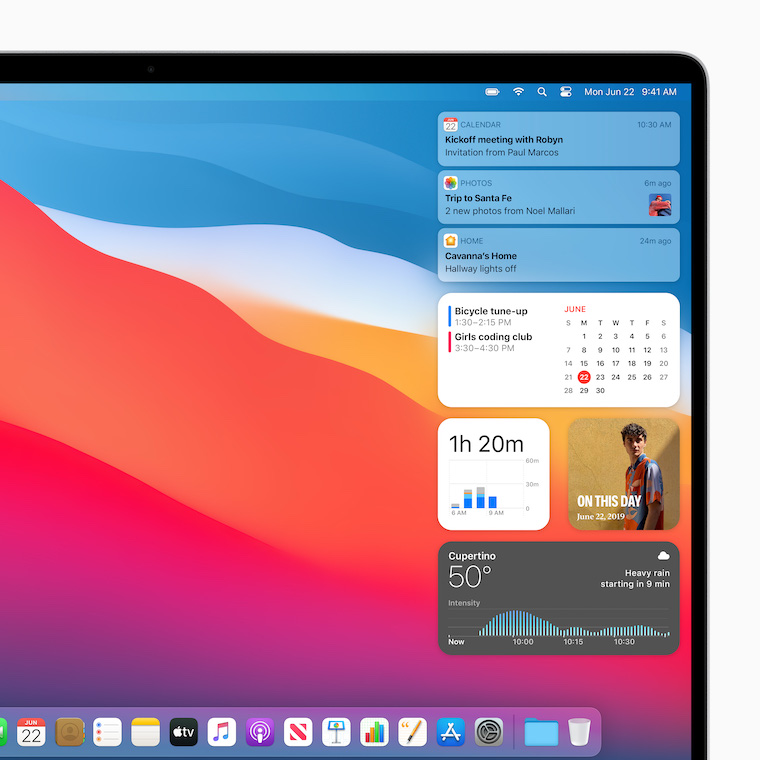
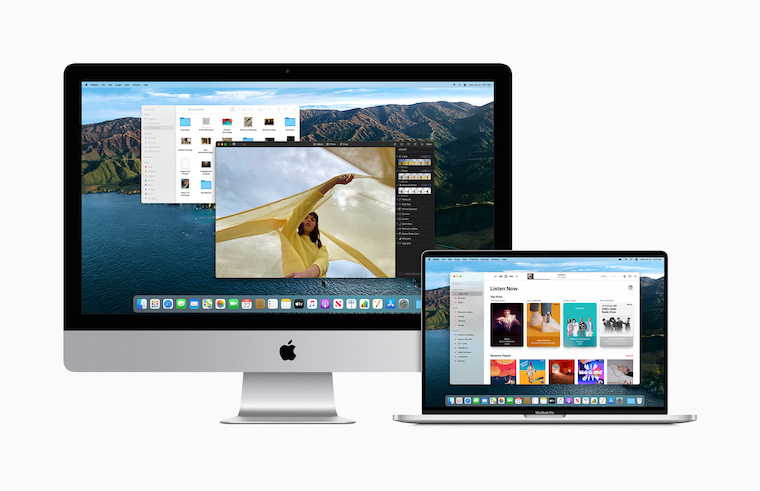
I see the main problem in the openness of the system. The iPad (iPhone) is a completely closed system. Even if ios14 already allows changing the default applications (but that is rather the result of lawsuits), it is still a closed axis where it is not possible to install applications other than through the AppStore. If this were to change, it would compromise the security of these devices and is against Apple policy. Of course, it cannot be ruled out that the core of the system will be identical, but macOS should remain open, otherwise there is a risk of an outflow of customers.
I don't know how in IOS 14, but in 13, multitasking is a science fiction file rather than something that could be used realistically. The closedness of IOS is also a horror, if you want to work with one file in several applications, you have to remember where you have the last version and constantly cycle with that file between applications. The compatibility and possibilities of applications on IOS is also poor. things that take you 20 seconds on MAC OS take half an hour on an IPAD with a rather uncertain result. Specialized applications for various HW are usually not on IOS at all, exceptionally on MAC OS, rather only on Windows. You will probably never upload to the iPad...
I would take HW ipad + sometimes ext. keyboard, on that macOS and on that application from mac and iPad. Plus apple pencil, who wants to connect a mouse sometimes. A build like that would be worth the MB Pro to me. And I hope to see you soon. I have an MB Pro and an iPad, and the iPad is simply terrible for slightly more complex tasks, and because of that I have to lug a Macbook around in my bag. Flight.
I know a lot of people who are just annoyed that a lot of otherwise great laptops still don't have a touchscreen. – I have been working in the distribution of NTBs of various brands for 20 years... And there is really no pressure on touchscreens. On the contrary, different manufacturers tried different models and finally everything settled down to the situation today. The market, or the majority of the market, simply does not want a touch NTB. Yes, many people also use tablets, e.g. for meetings, trips, etc. But in reality, to really work, if a person does not have a SW business model, then WIN is simply still more or less a necessity for full-fledged work. By that I don't mean checking a couple of emails, checking the calendar, etc.
Personally, I can no longer imagine an apartment without a tablet or laptop. It is well supplemented as needed.
I'm just signing this.
The main problem is simply that the term "work" means something different to everyone. For someone, a tablet with Apple Pencil can be irreplaceable, for another a desktop with 2 monitors. We can probably agree here that it is better to work with a large display with a quality ergonomic mouse, a quality keyboard and a comfortable chair than to type something on your bent knees on a 10-inch tablet display. But dragging two 27-inch monitors and a computer every weekend to chat is not God knows what. So everyone just buys what suits them or what they have money for.
I agree, I don't know how I would really work on an iPad, retouching, typesetting, graphics.
for journalists, the working tool was a pad and a pencil, so a grip from an iPad is enough for them.
I'm not a computer expert, just a bit more advanced user, and above all a big Apple fan. My first Apple product was the iPad 2 years ago. Its advancedness caused me "culture shock" at the time. Since then, I've gradually bought an iPhone, HomePod, Apple TV, other iPads, and finally a MacBook Pro last year. Only MacBook or macOS allowed me to fully work "on a computer", as I was used to from Windows: managing folders, working with NAS, etc. For me, the demise of macOS in favor of the "more user-friendly" but "toothless" iPadOS would be a big disappointment. I would like a touch display on a MacBook, but the best for my work is a combination of MacBook plus iPad with ApplePencil at the same time (sidecar, tablet).
I don't know. So that the programmer can get by with just a tablet? .. and for writing articles .. that requires a monitor. You mustn't compare 13 macbook and ipad pro. I have both, and would buy both again. It makes a lot of sense to me, exactly as Jenda mentions above. I work depending on where and what type of work. And I choose. Sometimes I need a pencil, sometimes a sidecar... other times a larger laptop monitor or an external monitor. Those two things complement each other very well, and what bothers me the most is that, for example, Xcode doesn't work on the iPad, for some emergency... or I prefer to sort photos on the iPad. I hope that someone at Apple will not think that it is useless.
I agree, I don't know how I would really work on an iPad, retouching, typesetting, graphics.
for journalists, the working tool was a pad and a pencil, so a grip from an iPad is enough for them.
Well, I think it's pretty clear what's going on. Since mac and ipad will now have the same architecture and big sur will go to arma, I would expect a merger of the platforms because the applications will be compatible with both. If the developers face it, like they do, then the ipad will handle the same as a mac(book).
I agree, Microsoft has already stepped in with the Surface X and Apple is certainly not going to miss the train.
The article is somewhat focused on a narrow group. Personally, I can't imagine working on a tablet in CAD, let alone controlling cnc machines or just simple cutting plans.
The iPad, and even the iPad Pro, is about as far from full-fledged work as a mouse is from an elephant. Both Excel and Word are unusable for serious work, there is no point in writing about those apple substitutes like numbers etc. Photoshop for iPad is also very inadequate. The iPad Pro is certainly the lightest, thinnest, powerful, great apple pencil, the smart keyboard is a crazy disaster, for the price, you can't write on it, especially with the 11" you bang your fingers on the ipad with Czech letters, great for consuming ipad content, for complex, serious work, like normal notes, very bad, because the system and especially the application are in the way.
For me there is still the question of home use. I just bought a MacBook Air 2019 to replace my old Windows laptop. Basically, the only reason is that iPads don't support multi-user mode.
I'm staying with a laptop with win and I've now bought a new Ipad pro. great combination for me. I'm used to Win, everything more or less suits me there, and on the ipadpro I mainly use apple pencil to edit photos, I often use mobile lightroom, or if I want to do more complex editing in photoshop, I simply make the Ipad a second screen for my Windows laptop and mirror content using luna display and astroped studio.